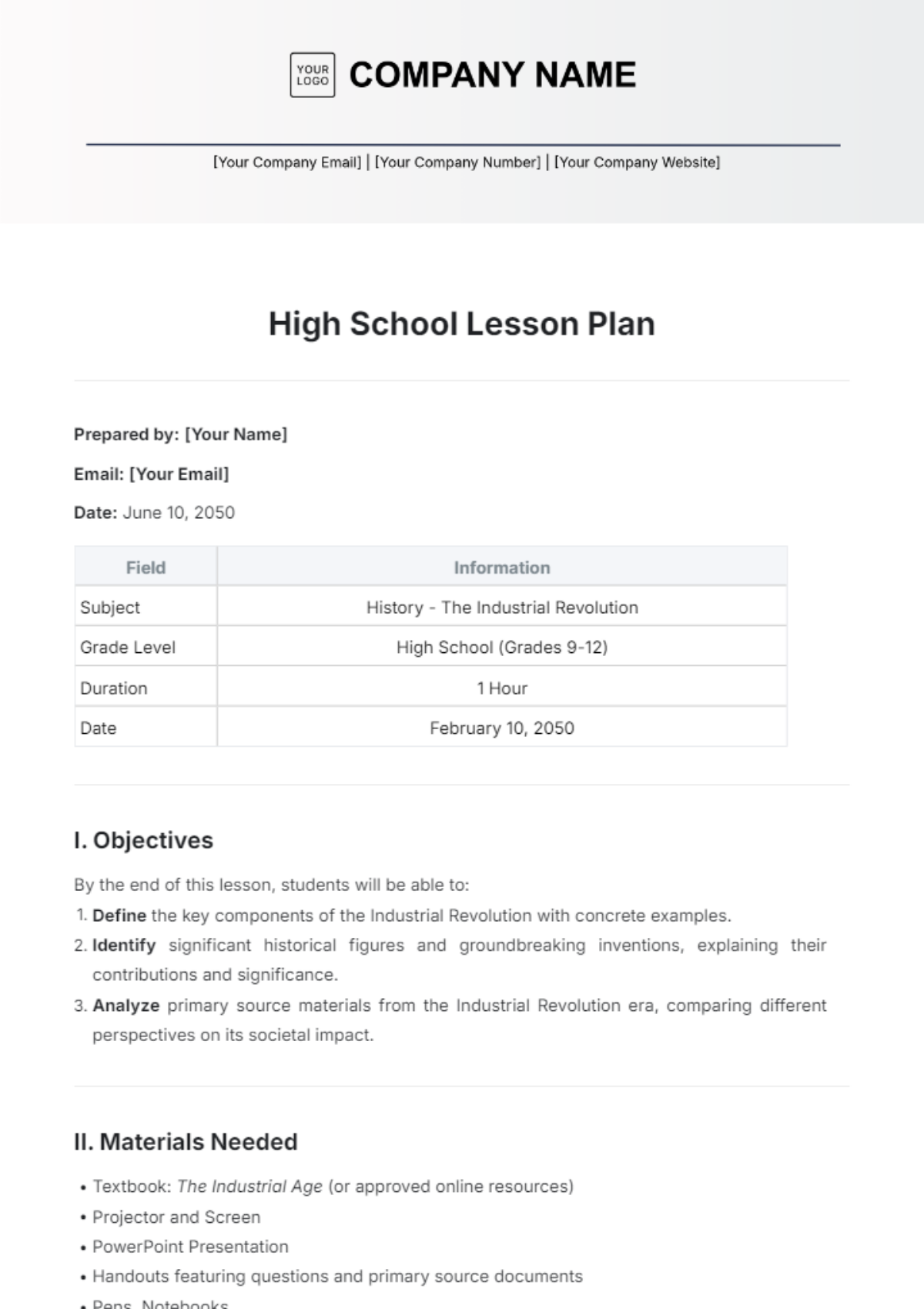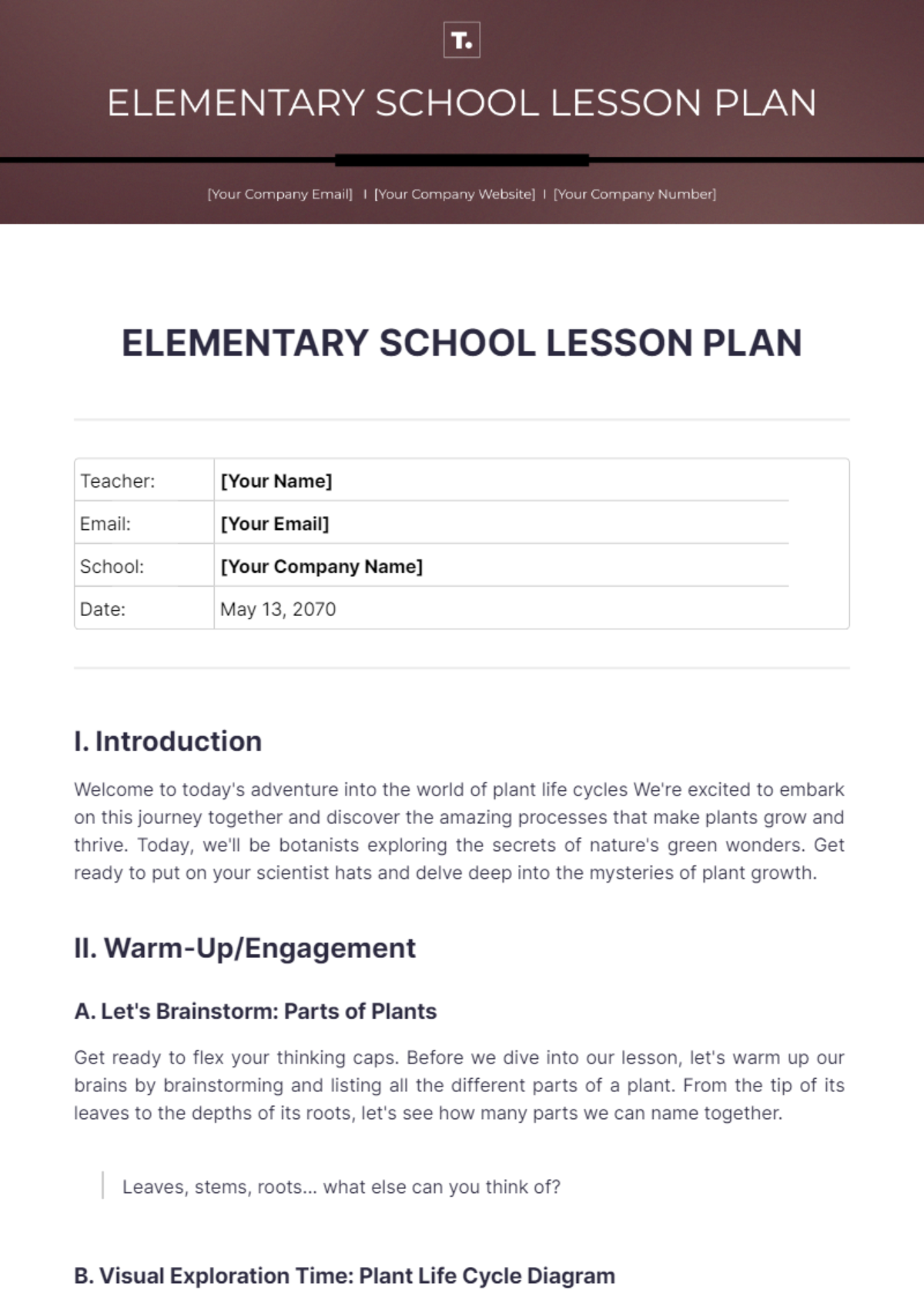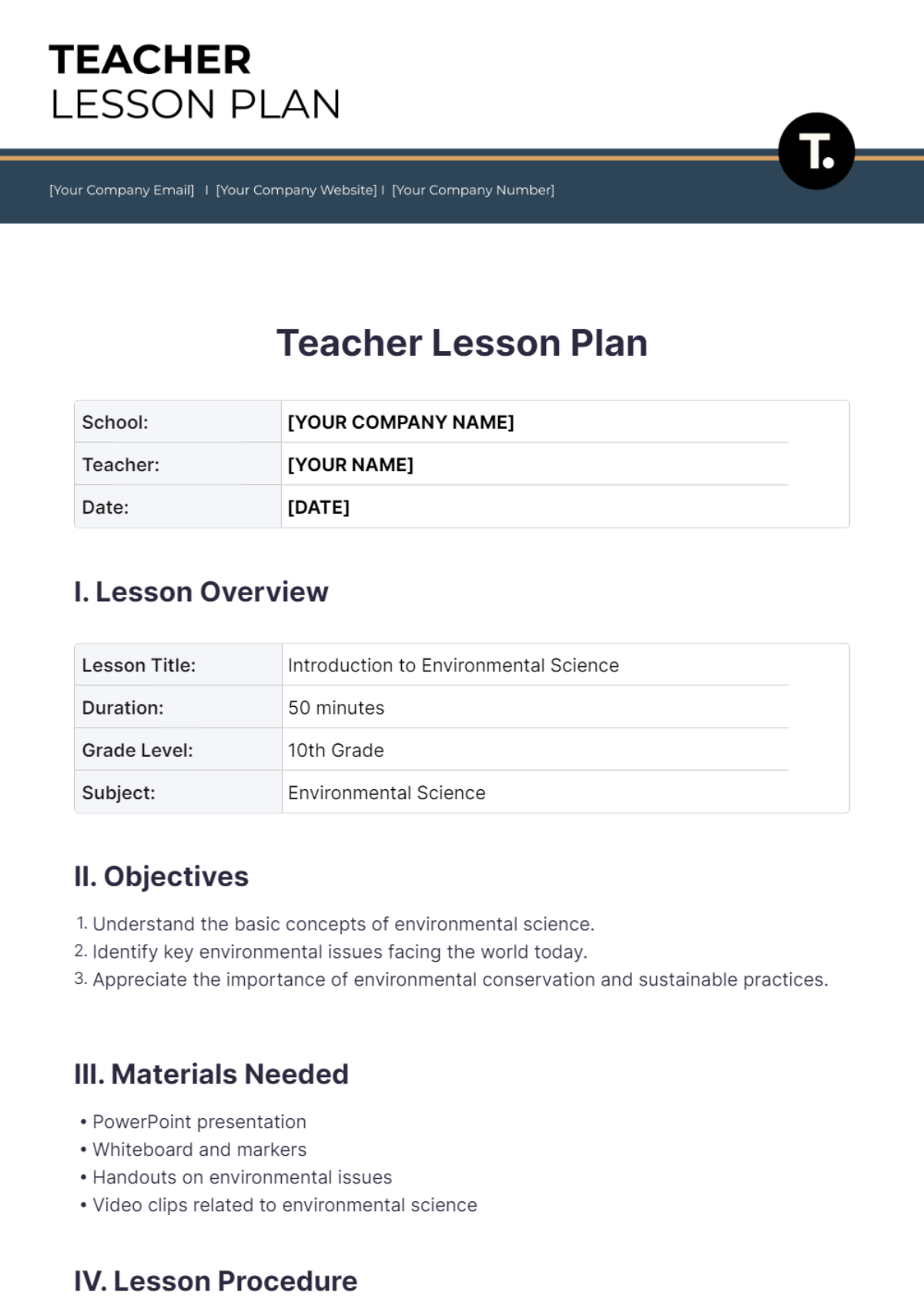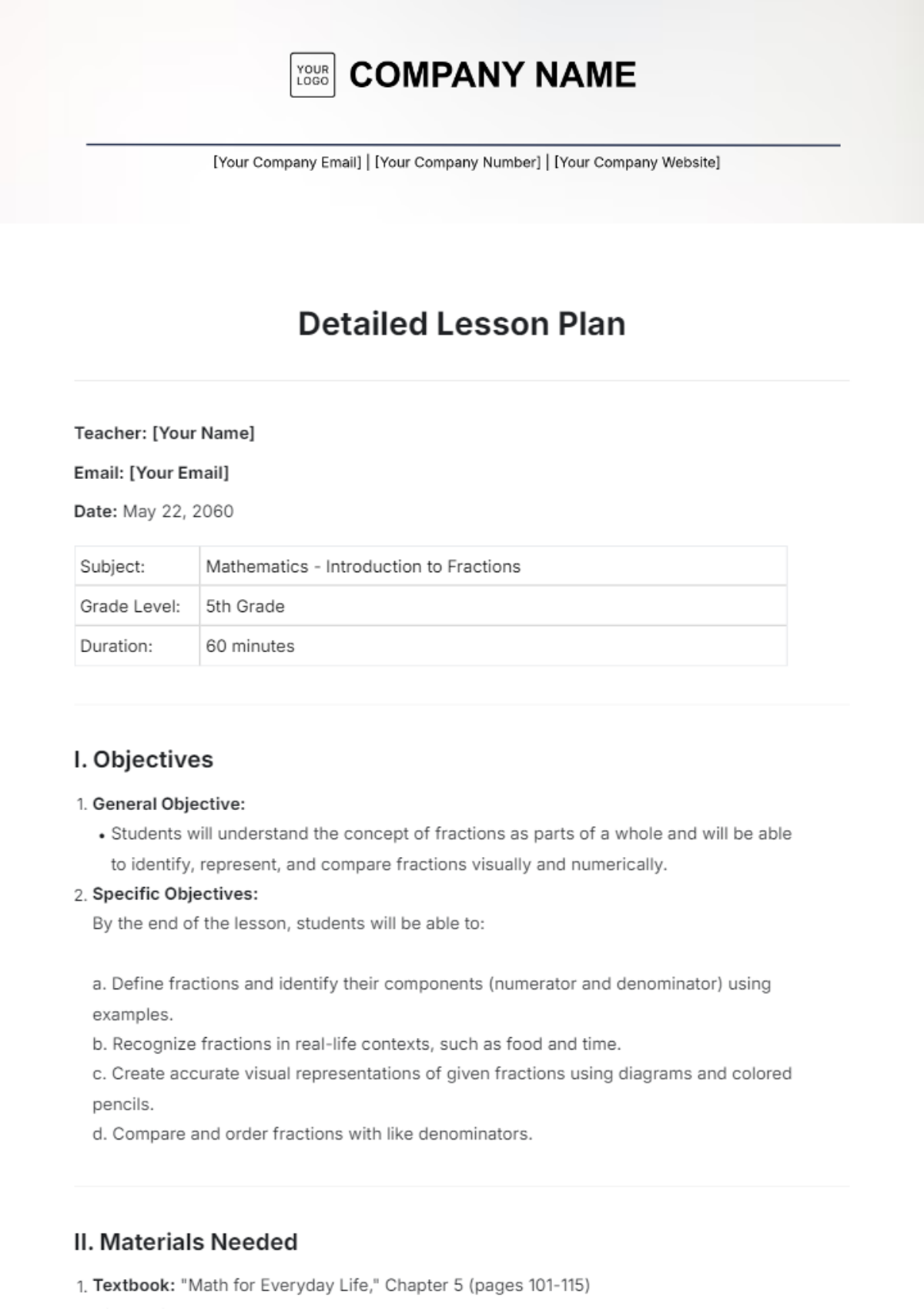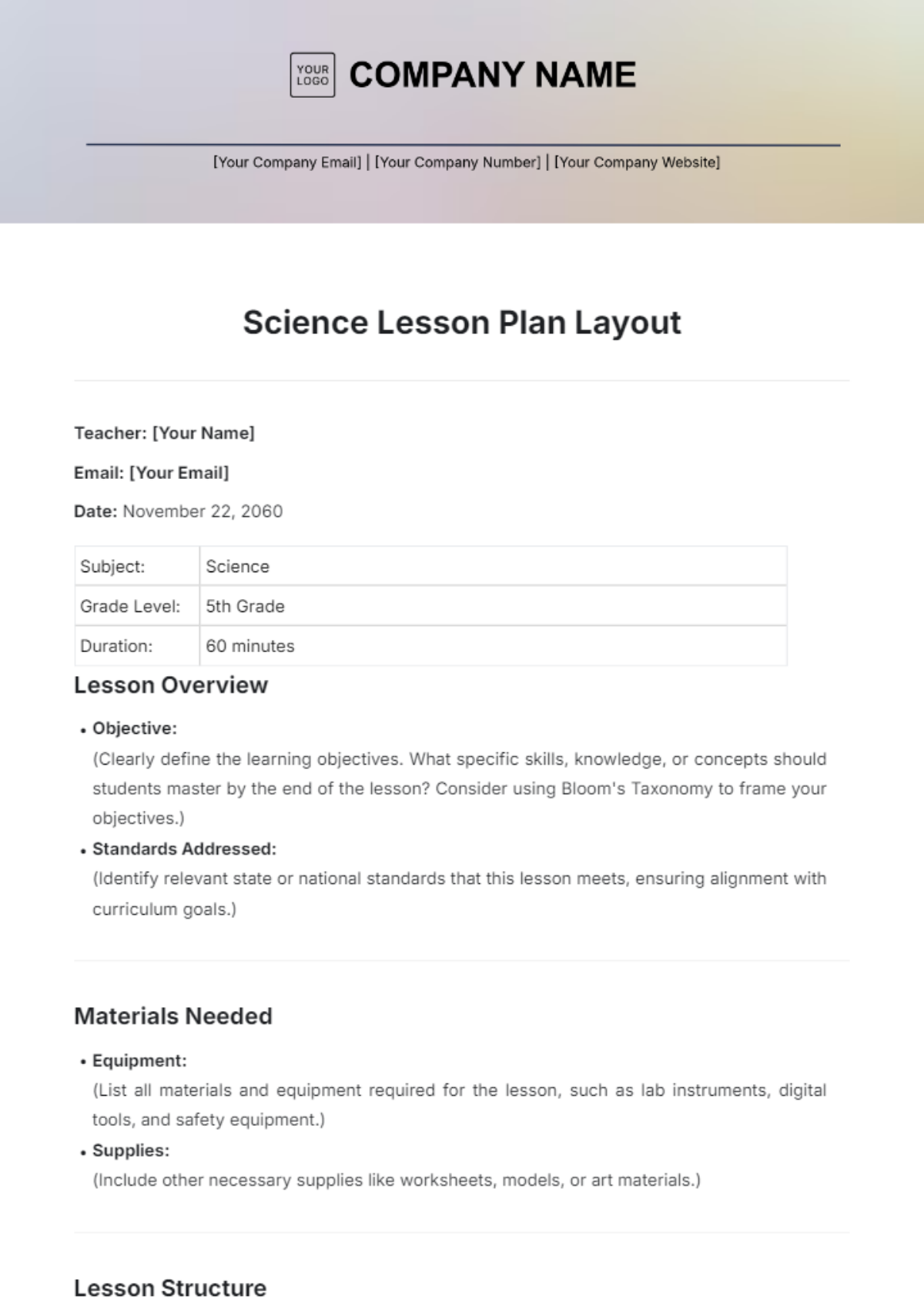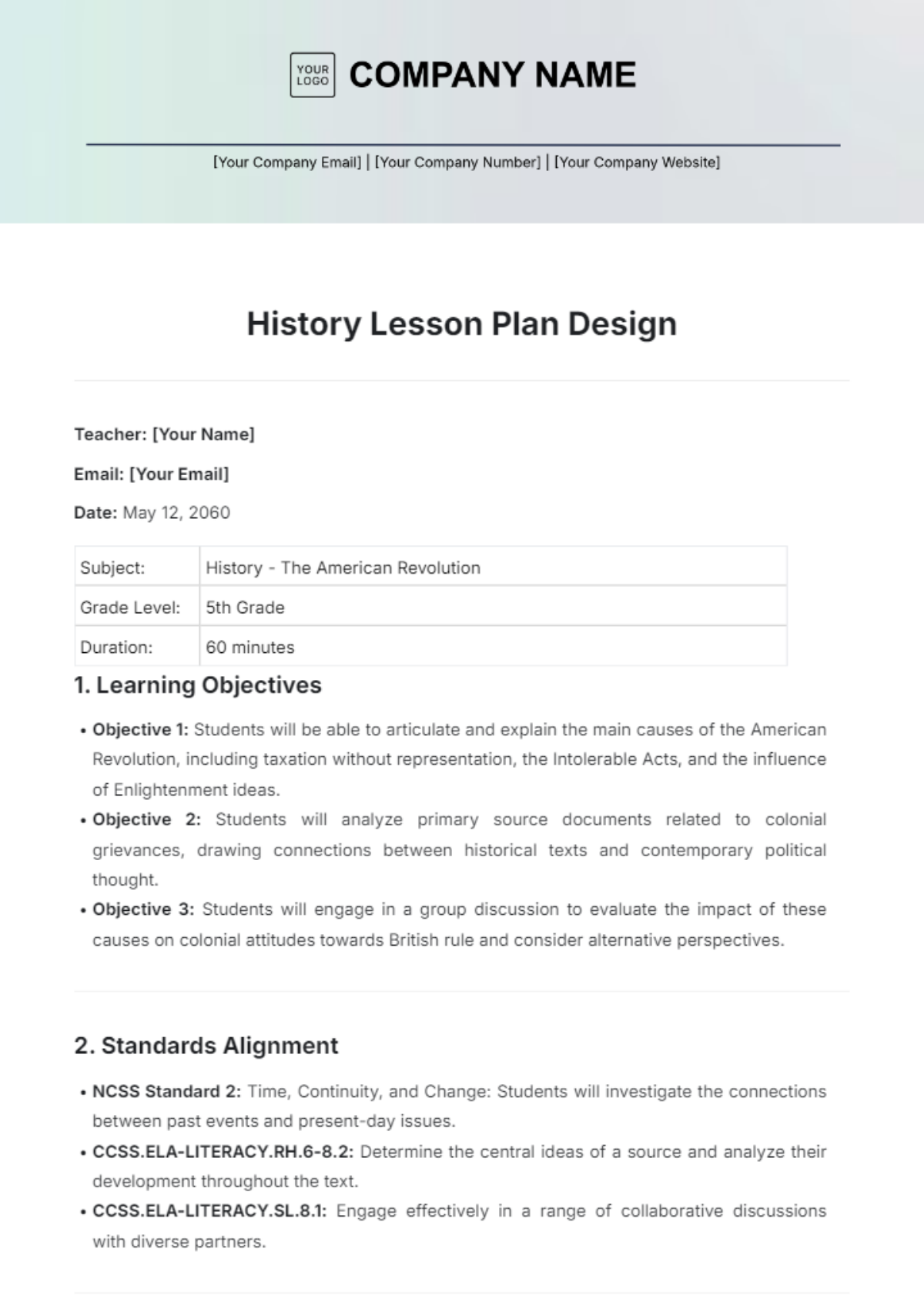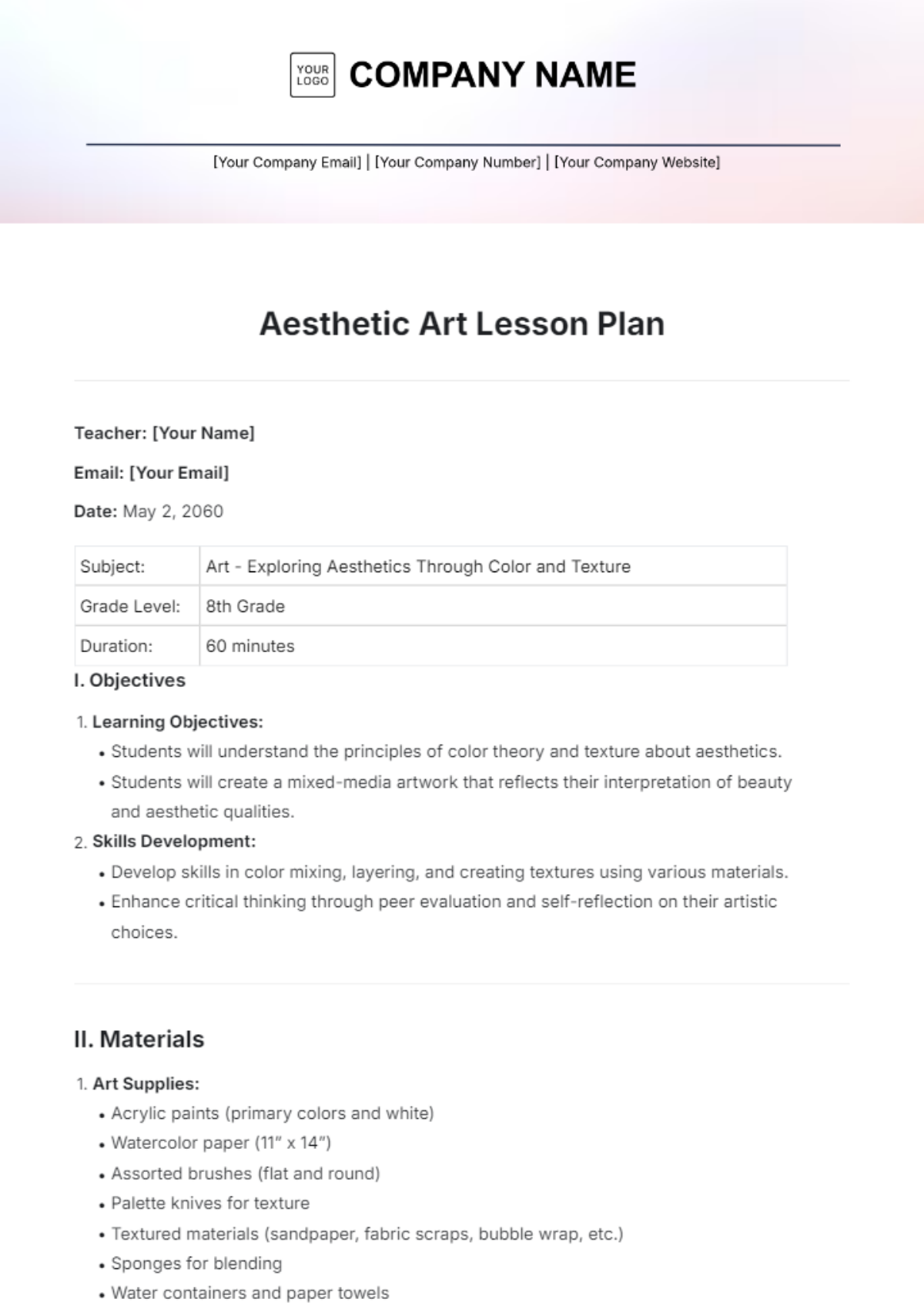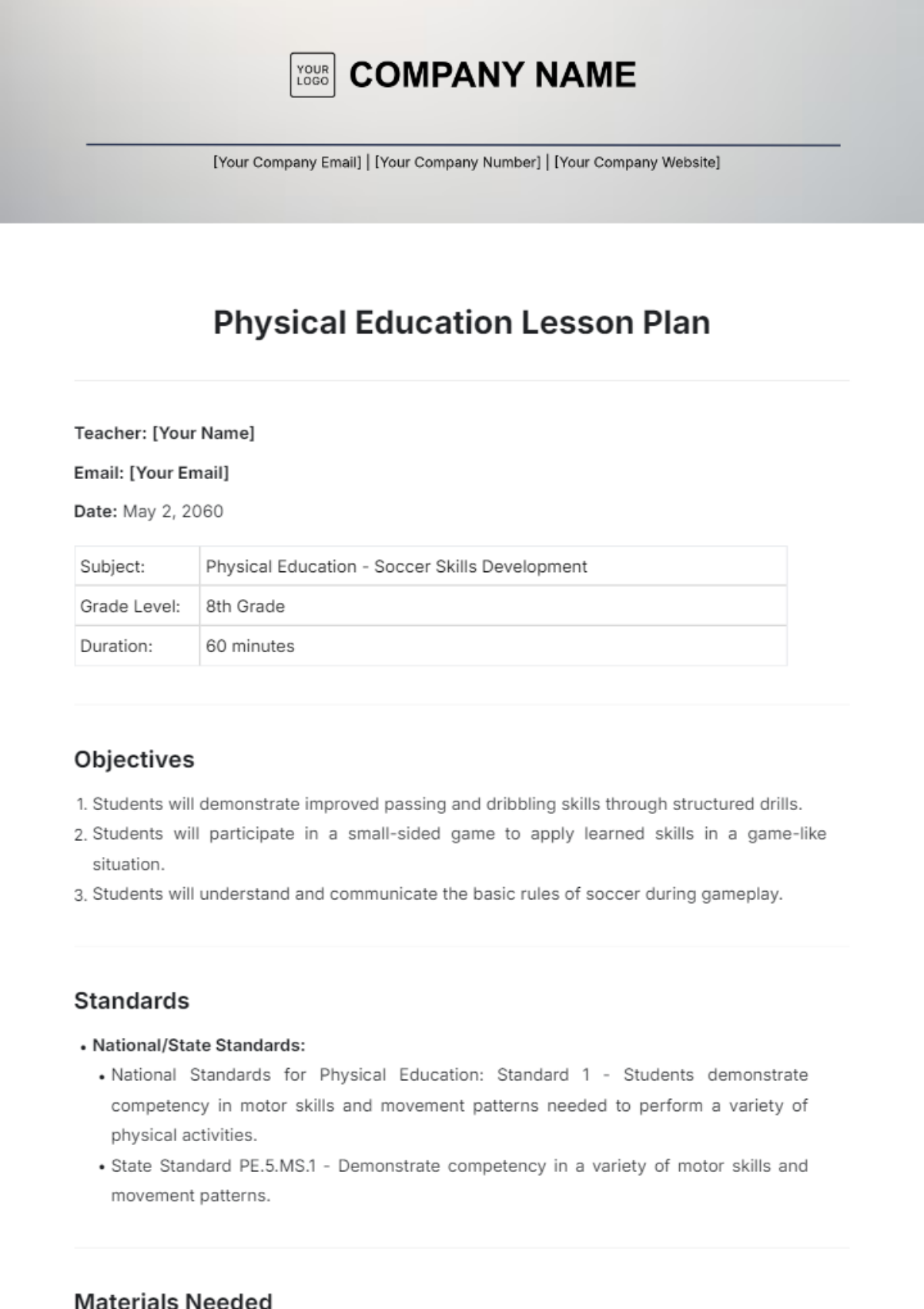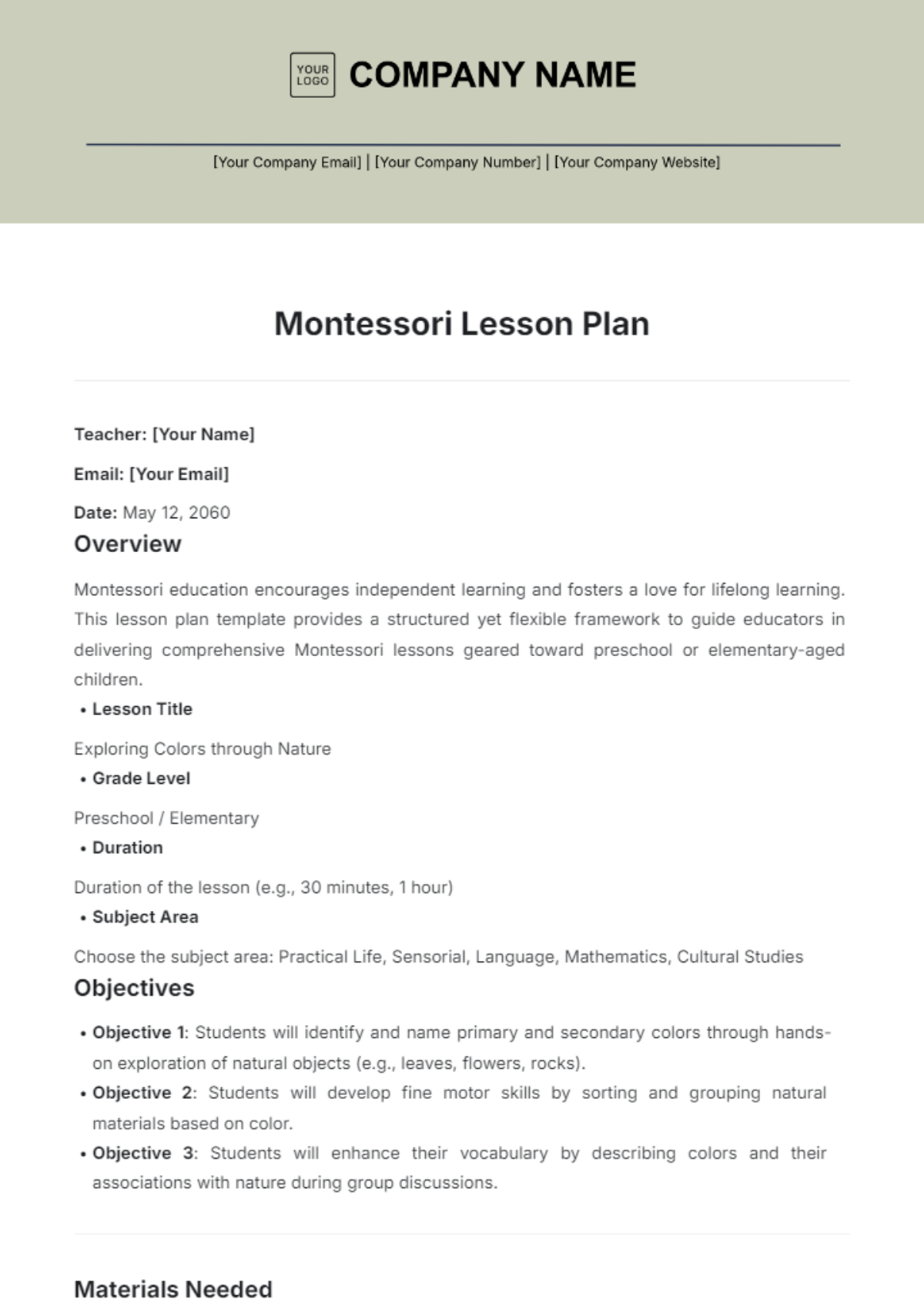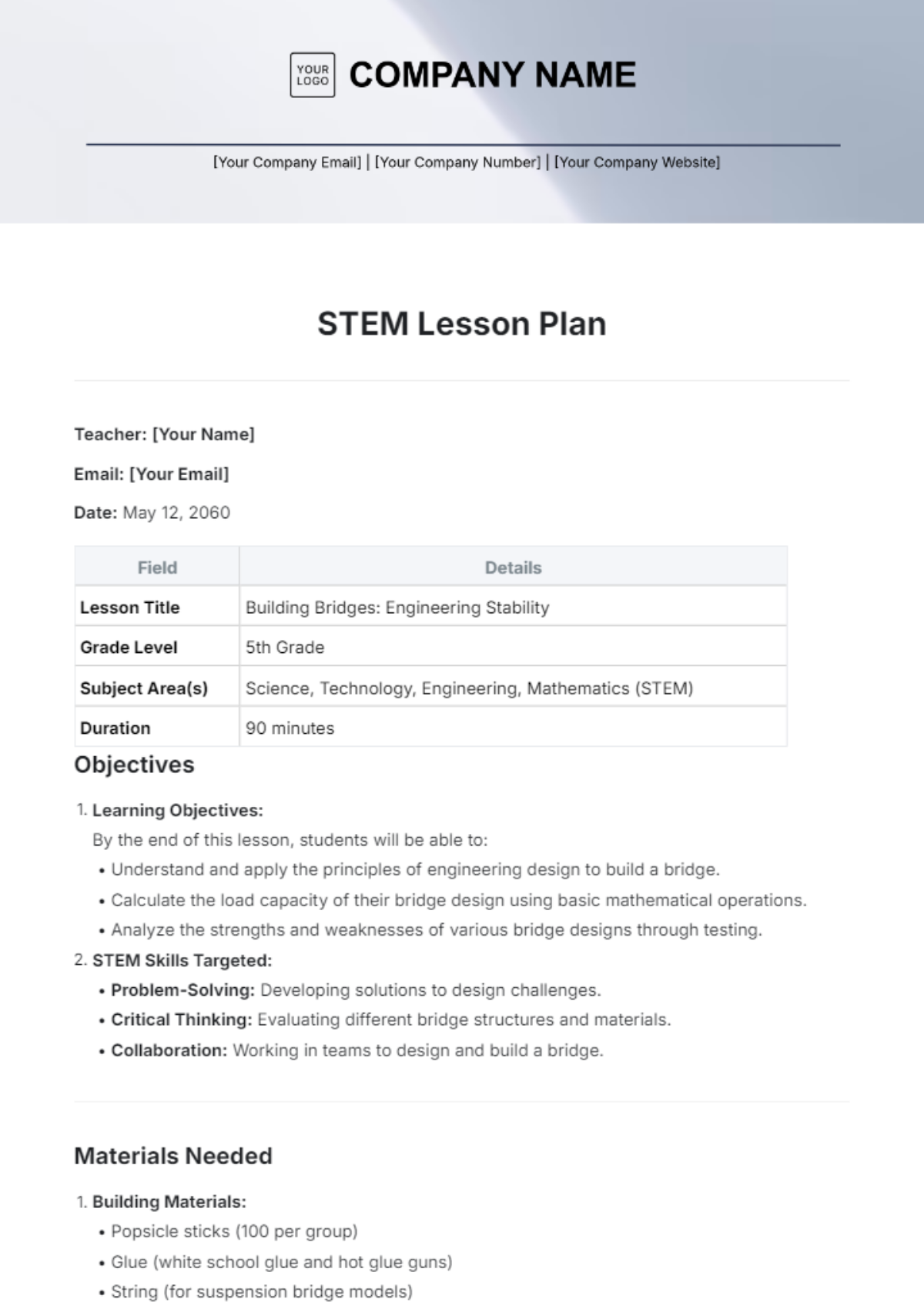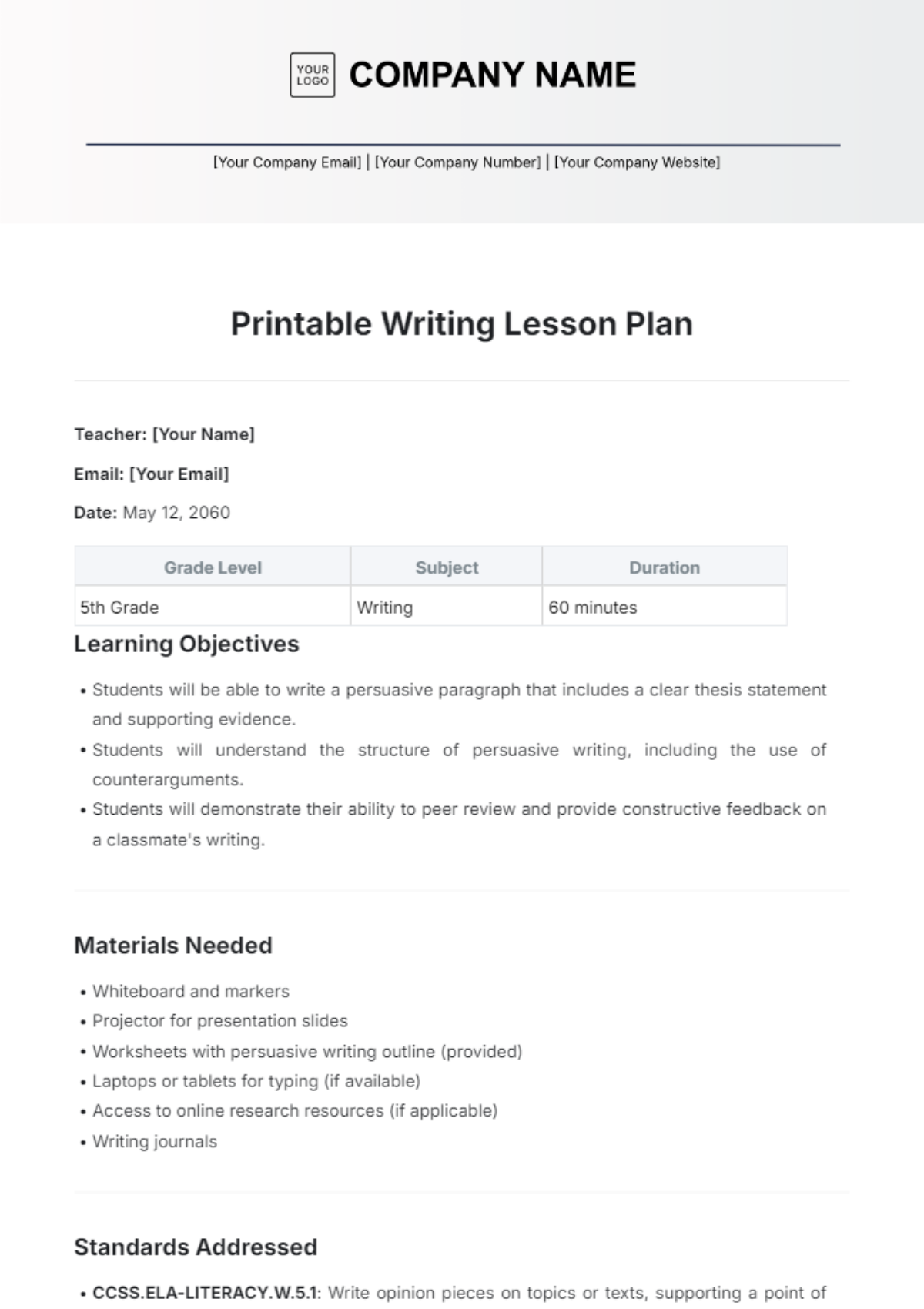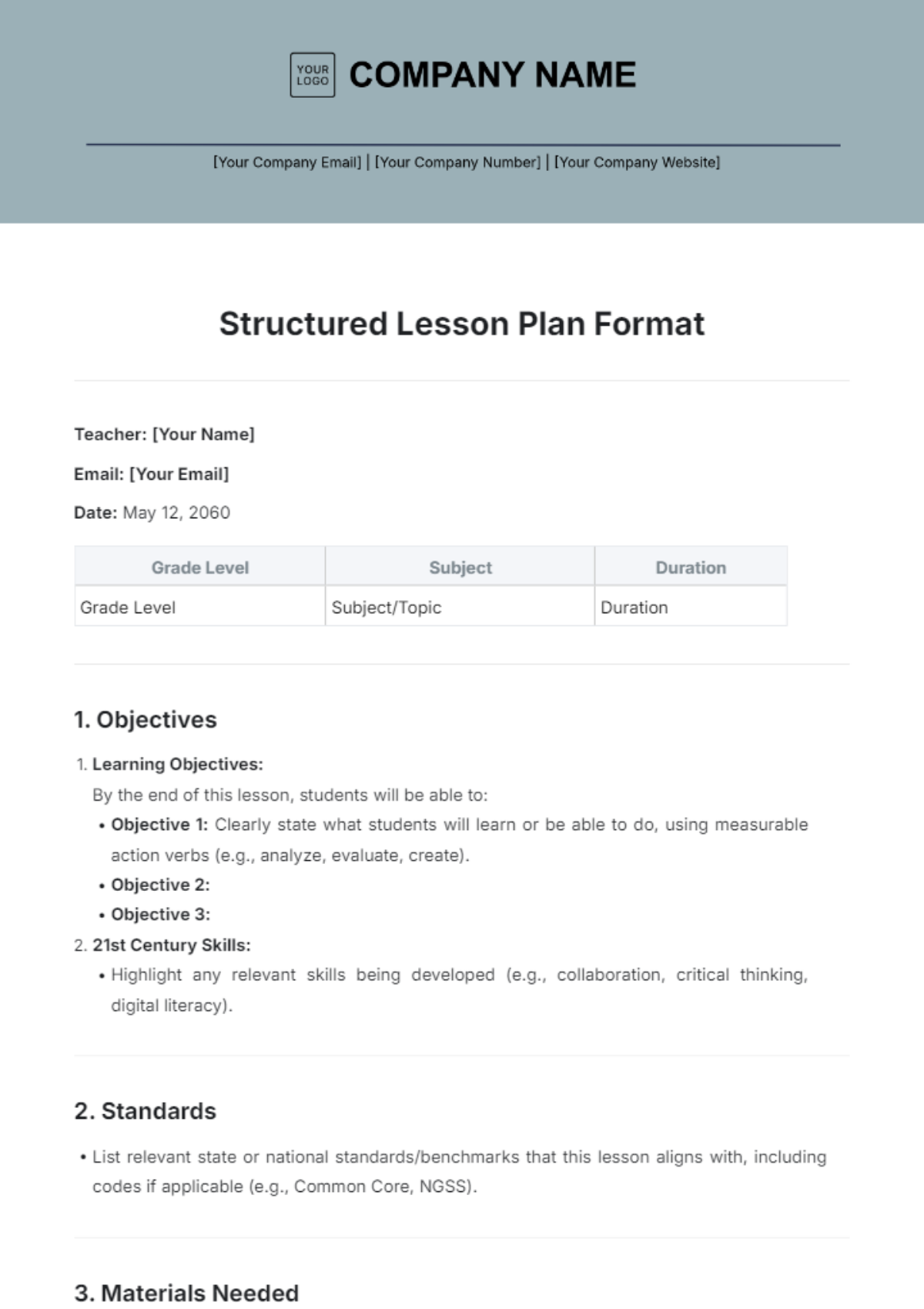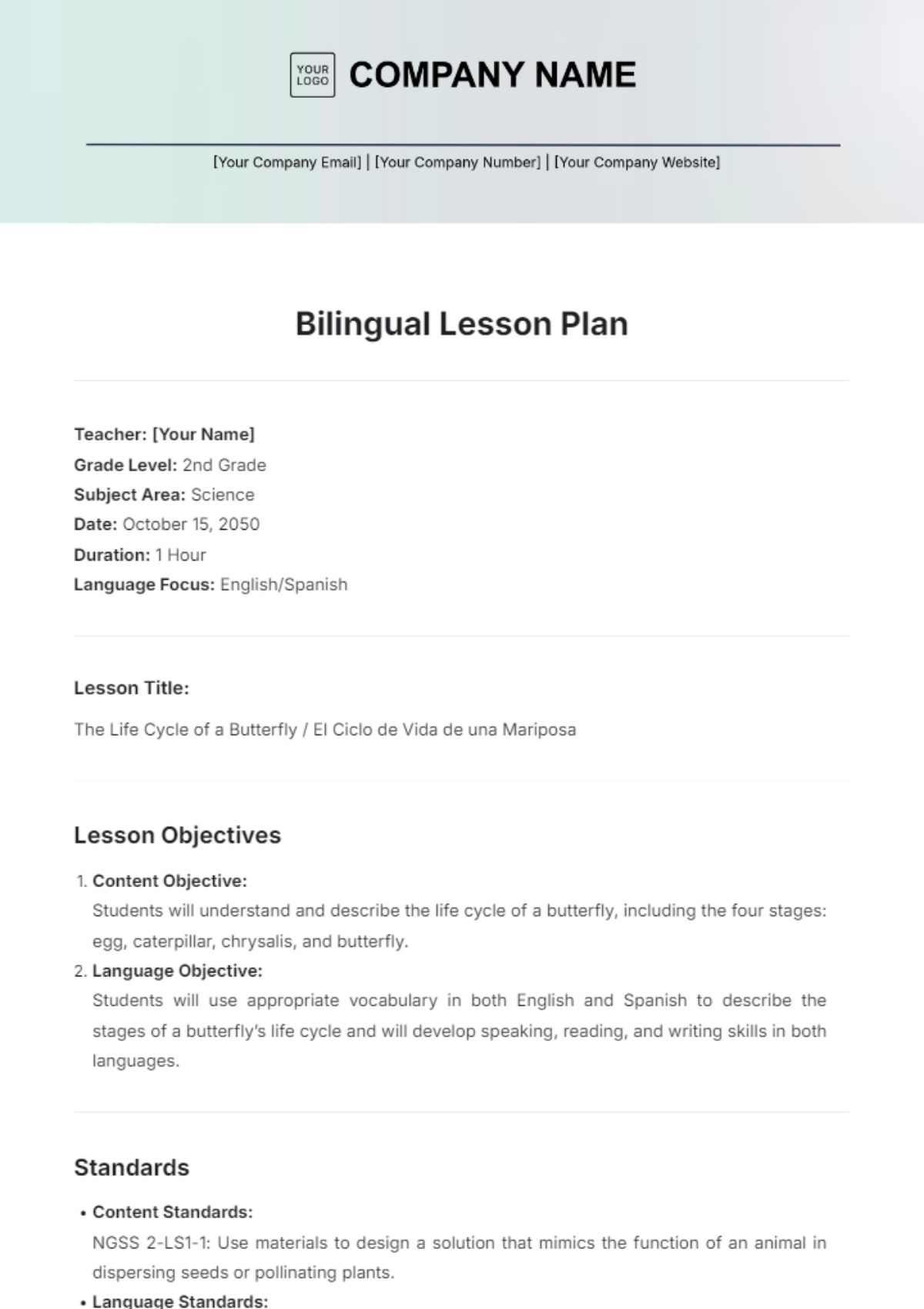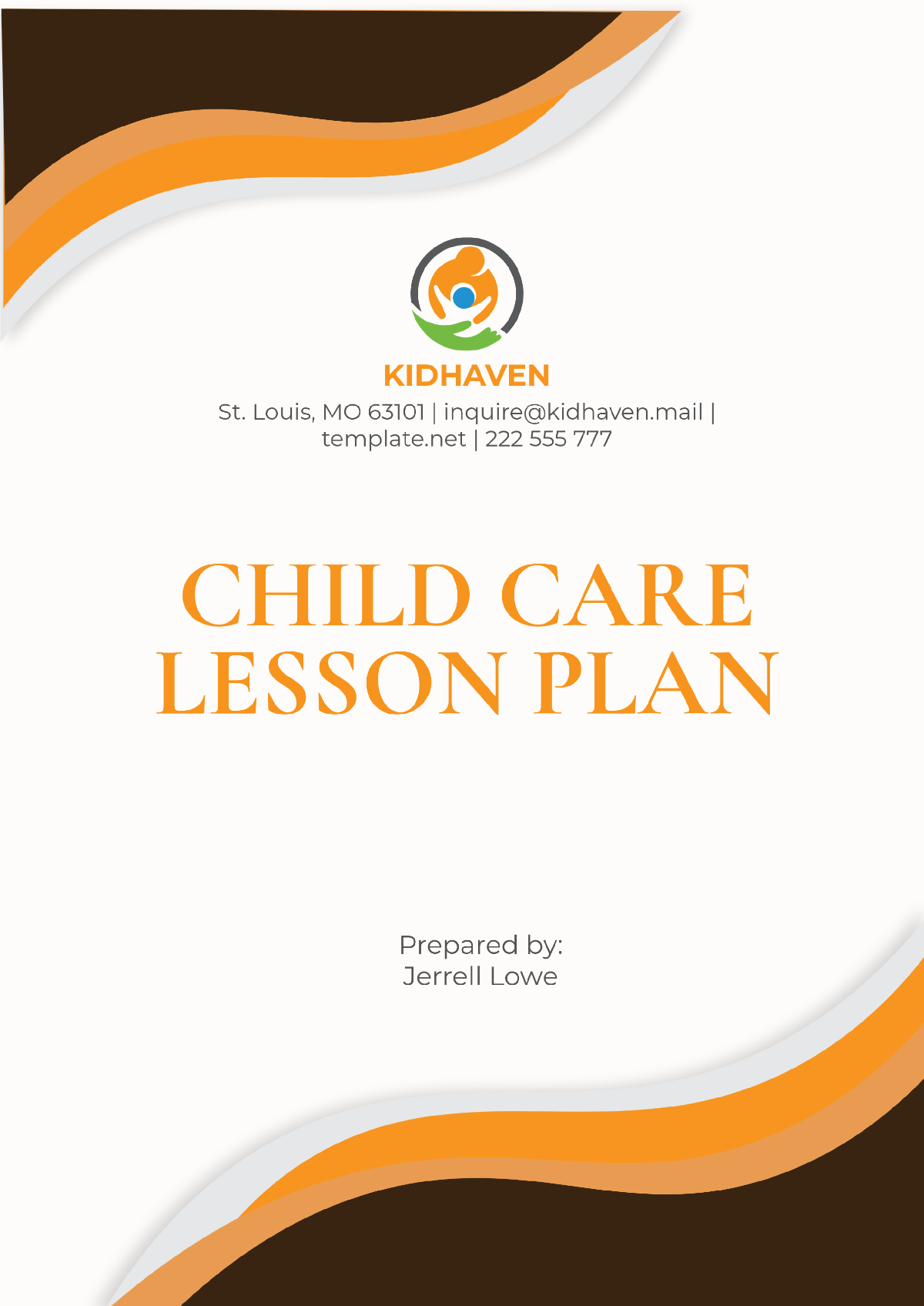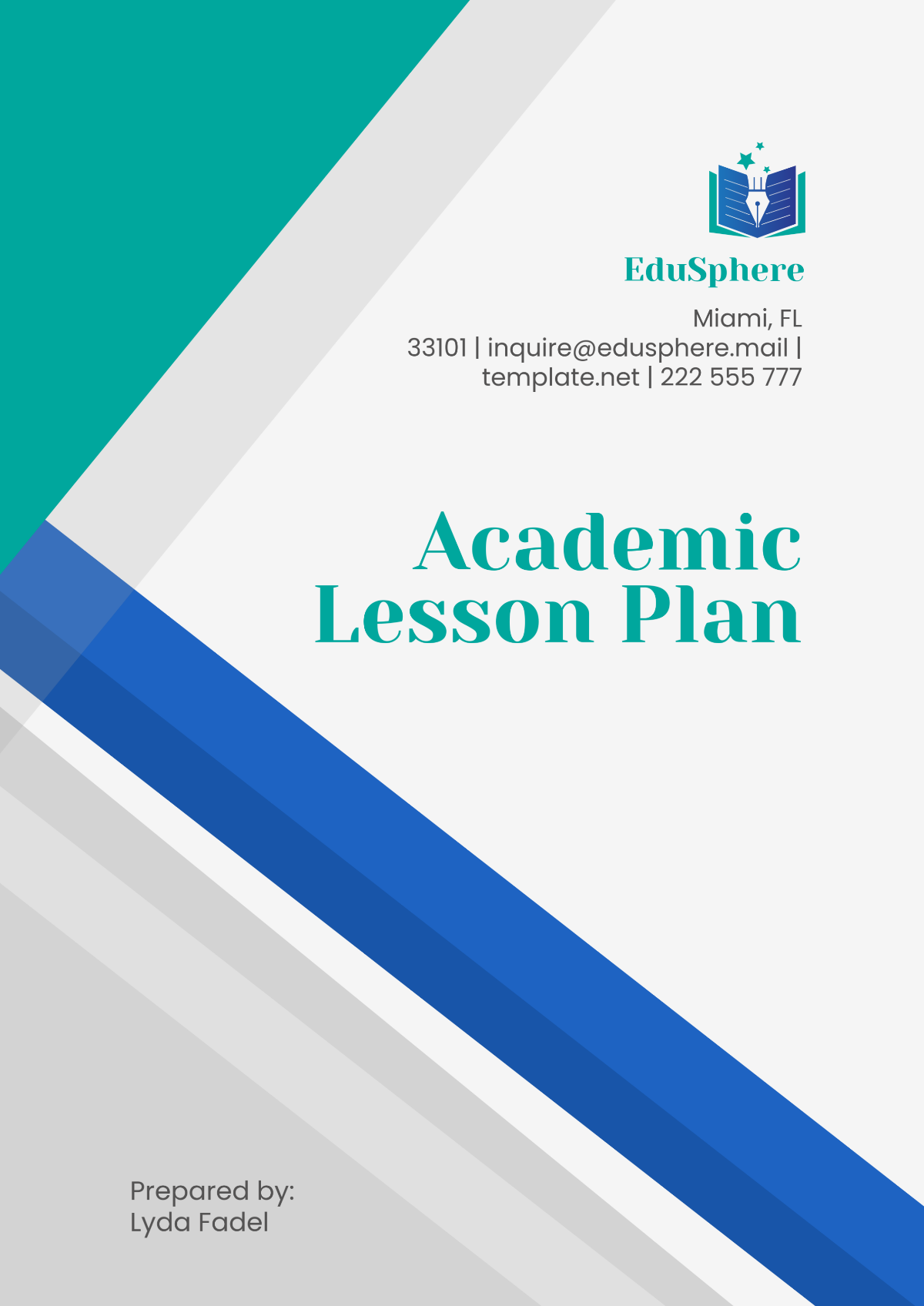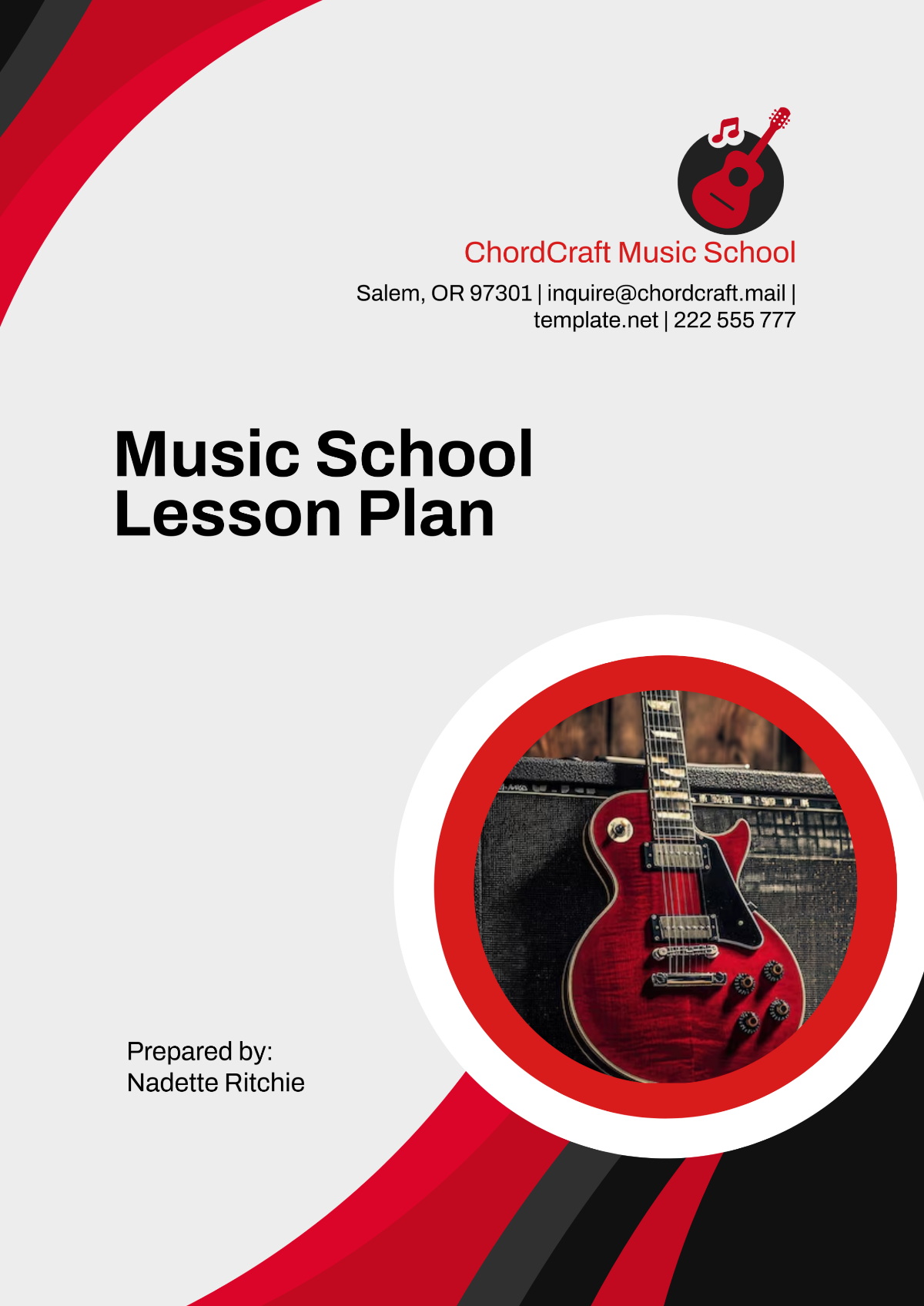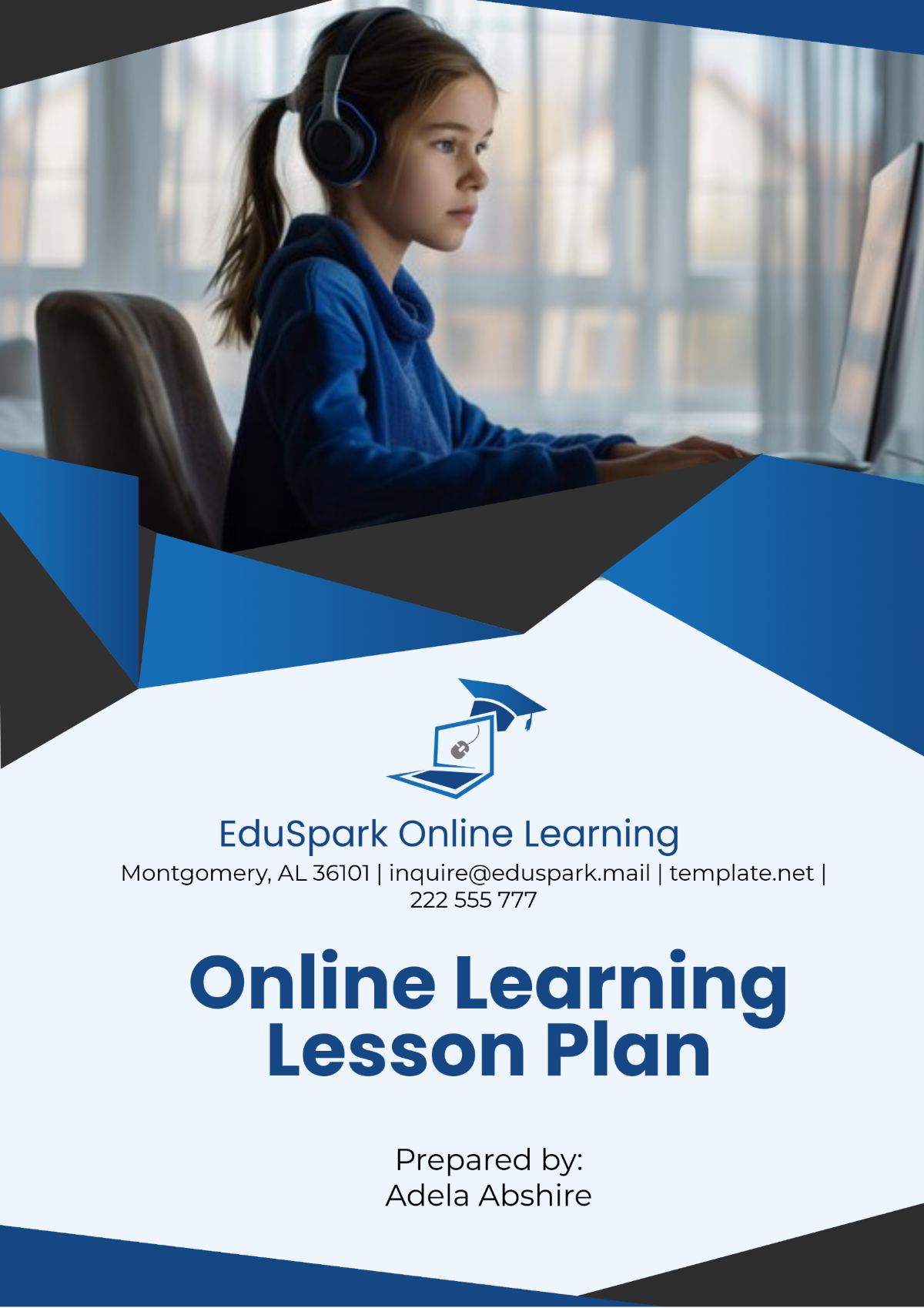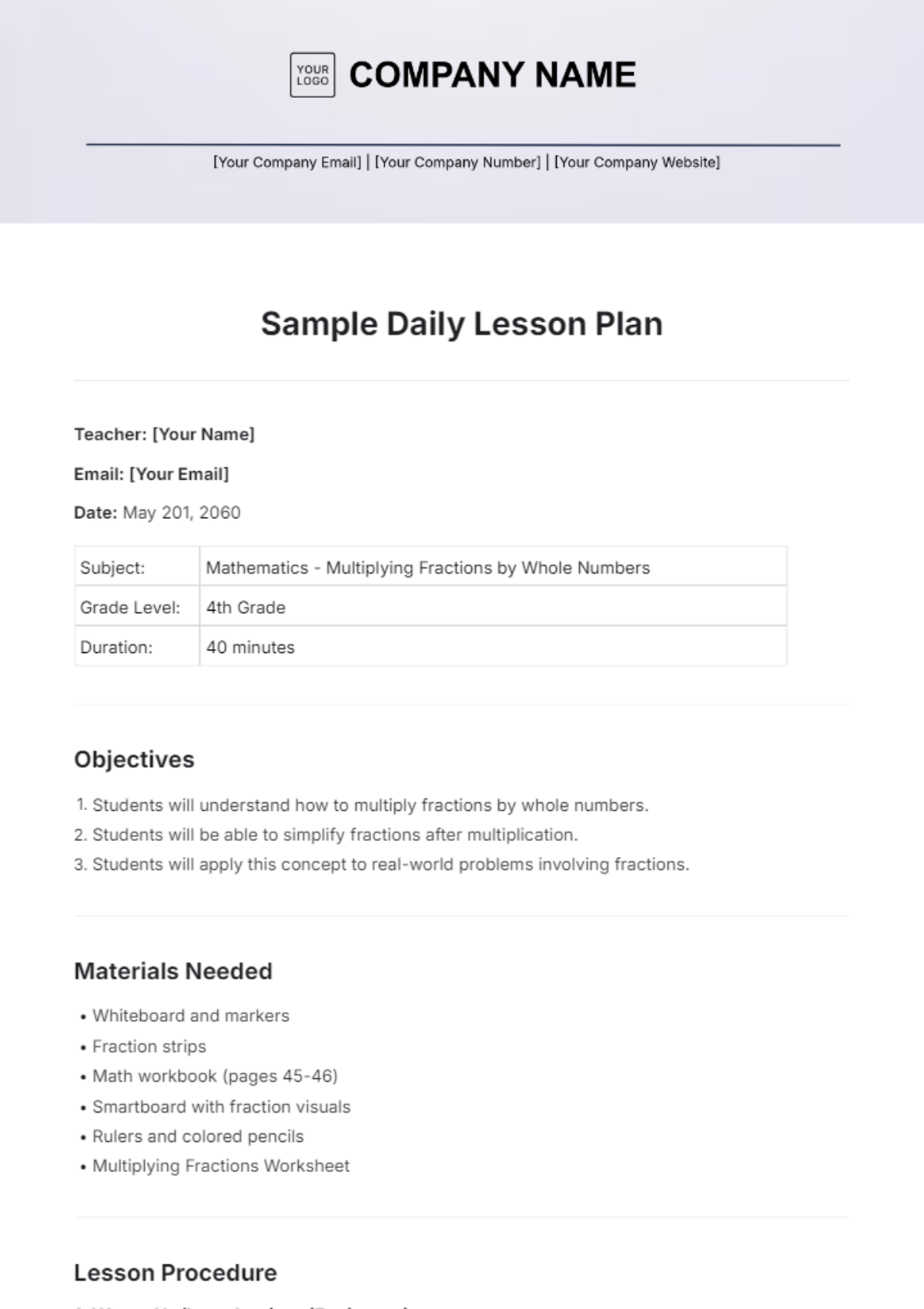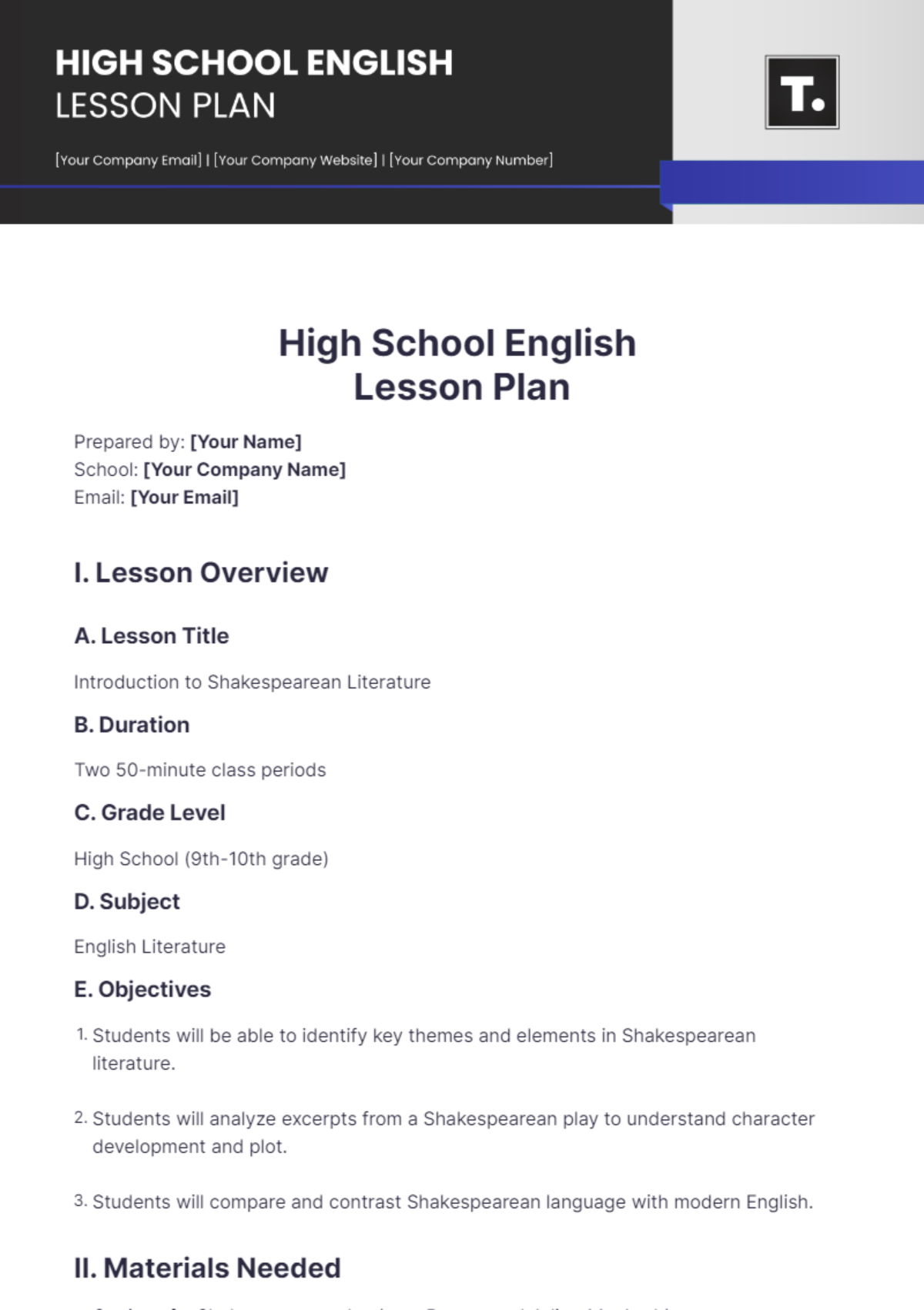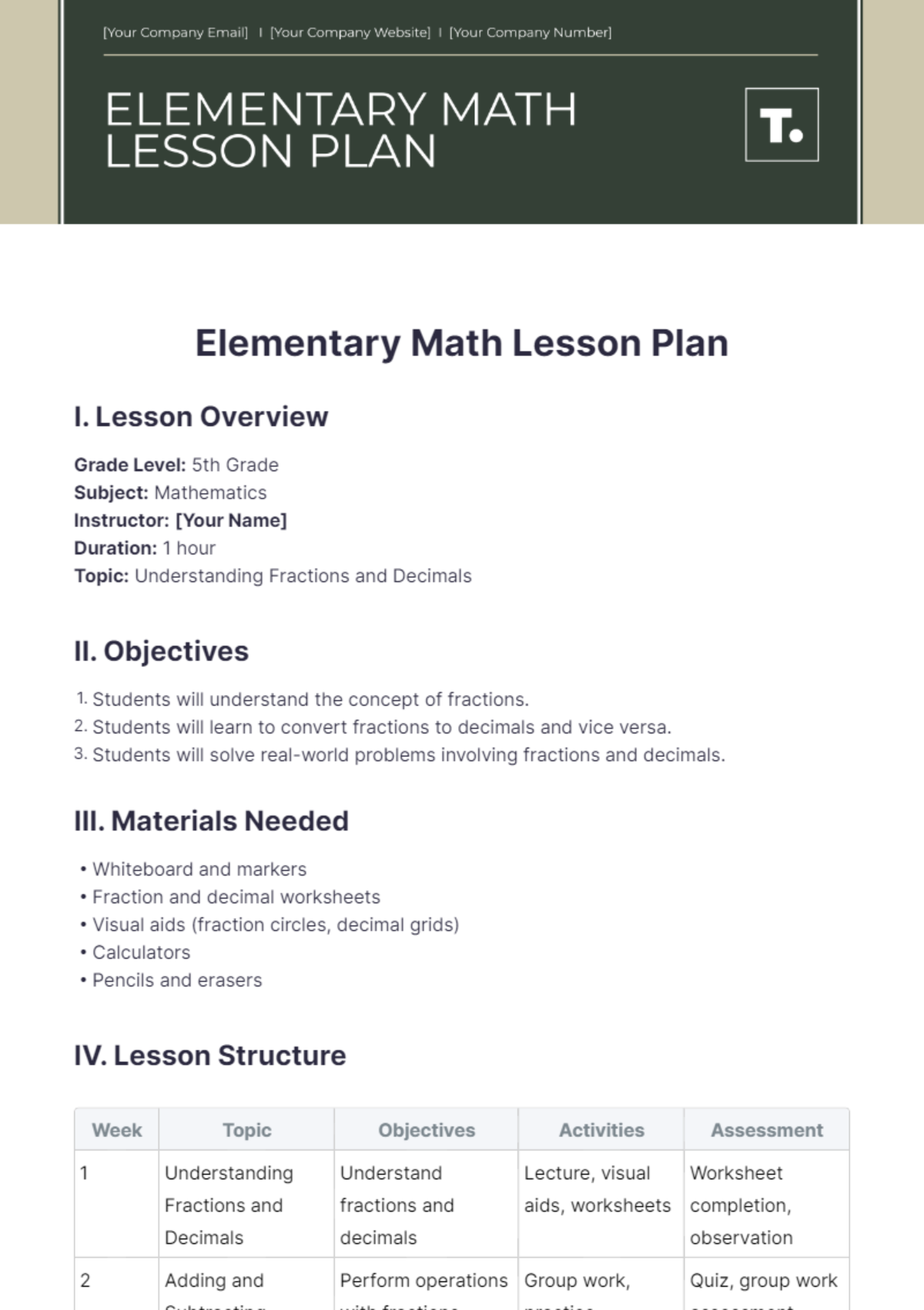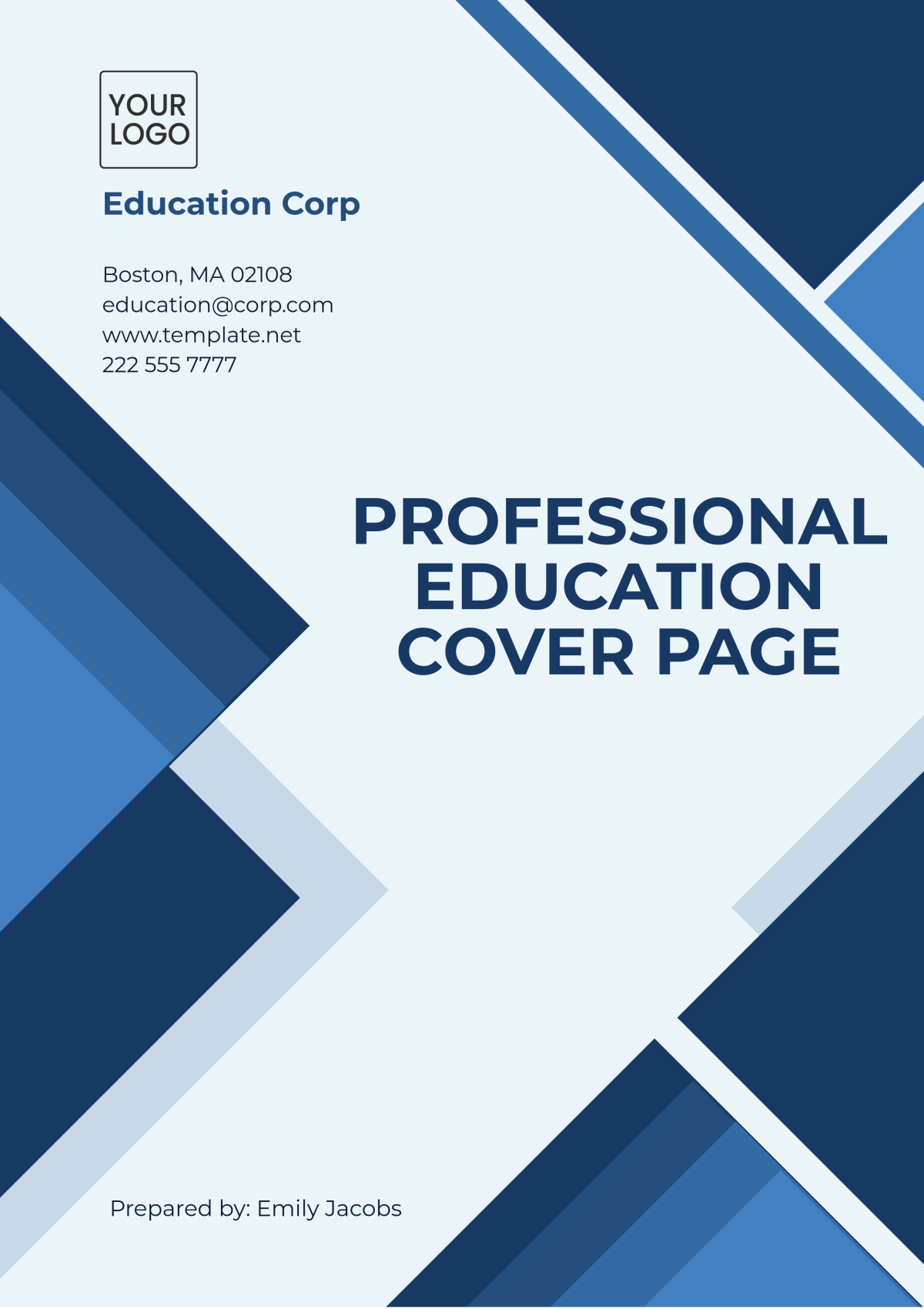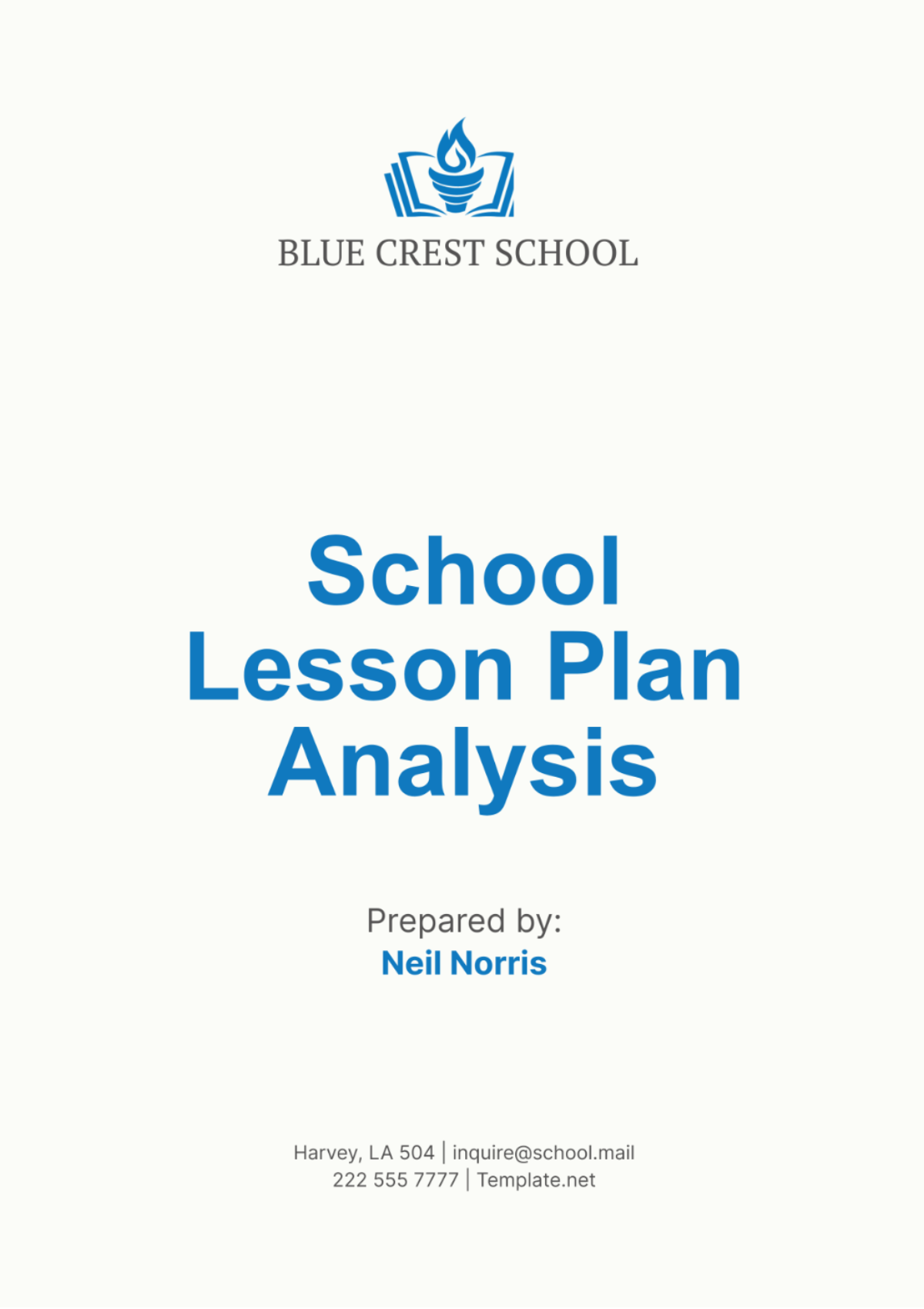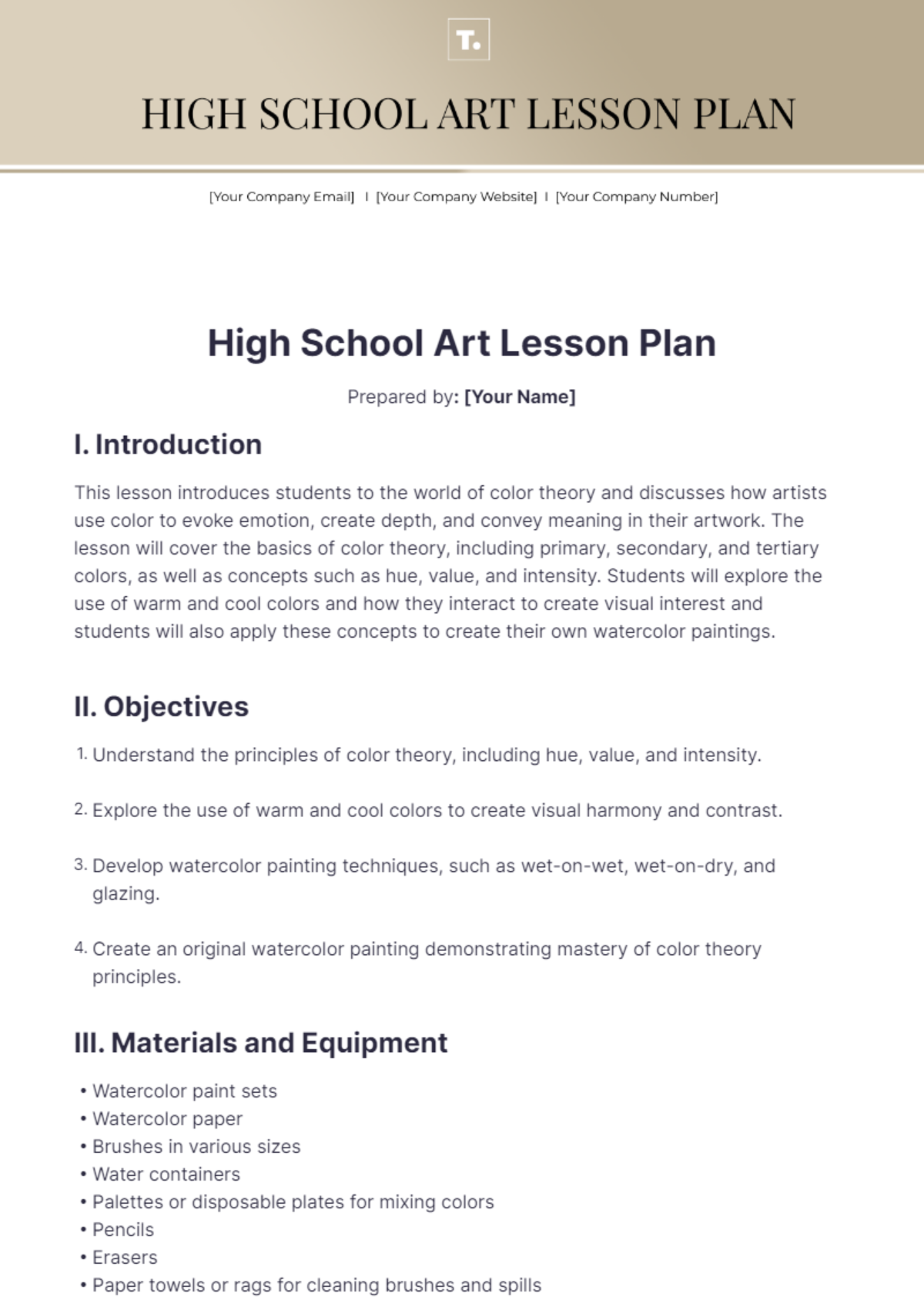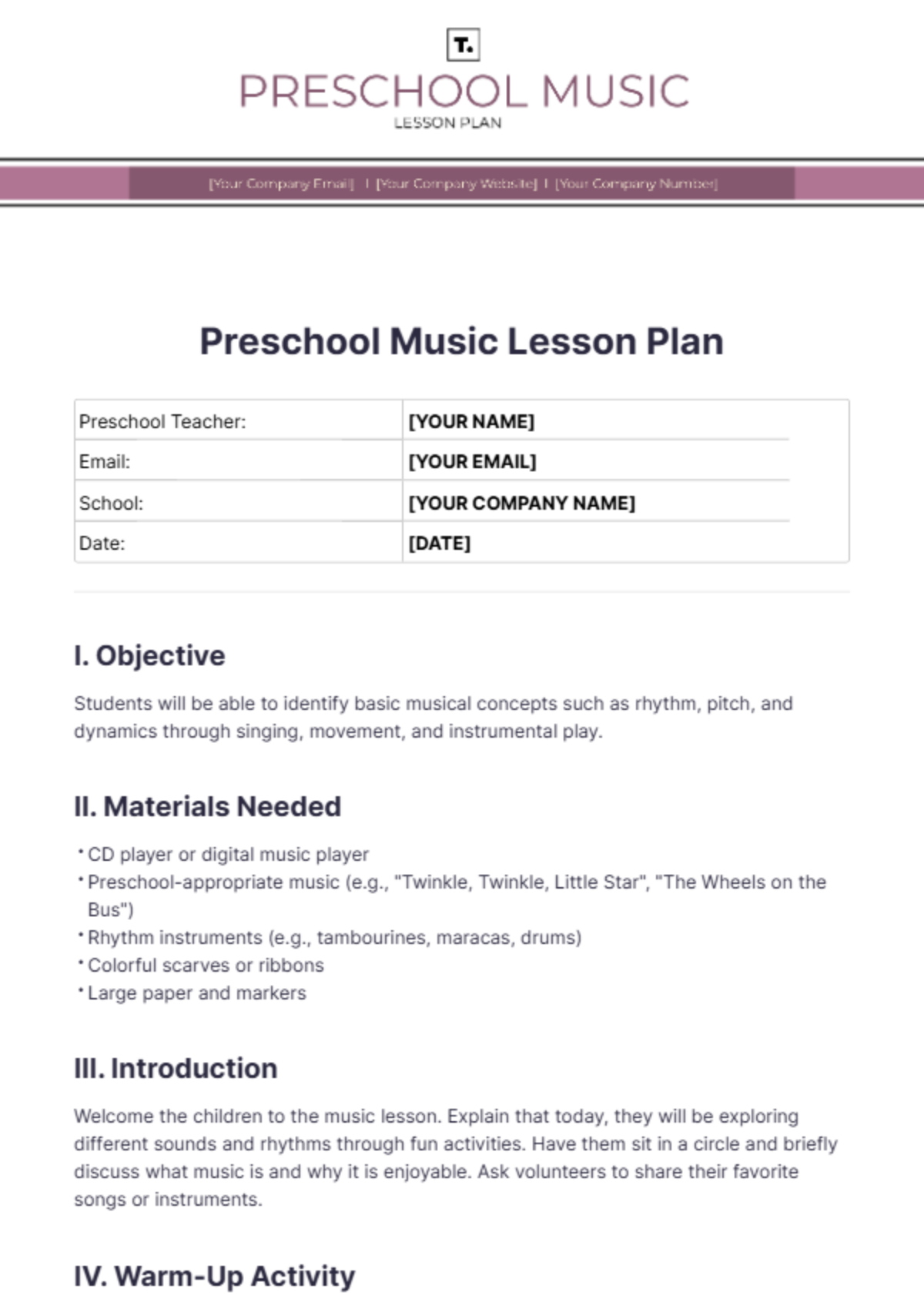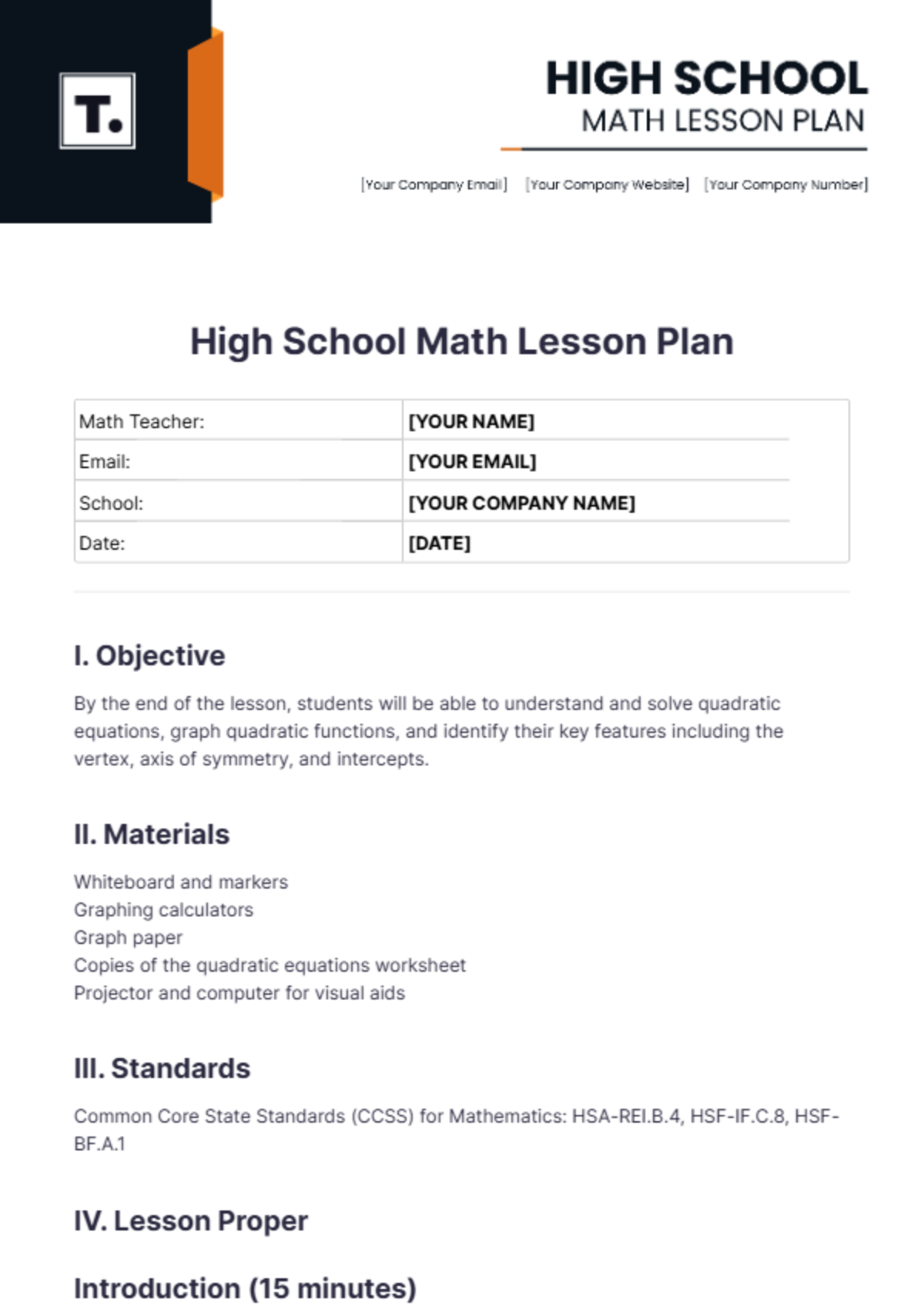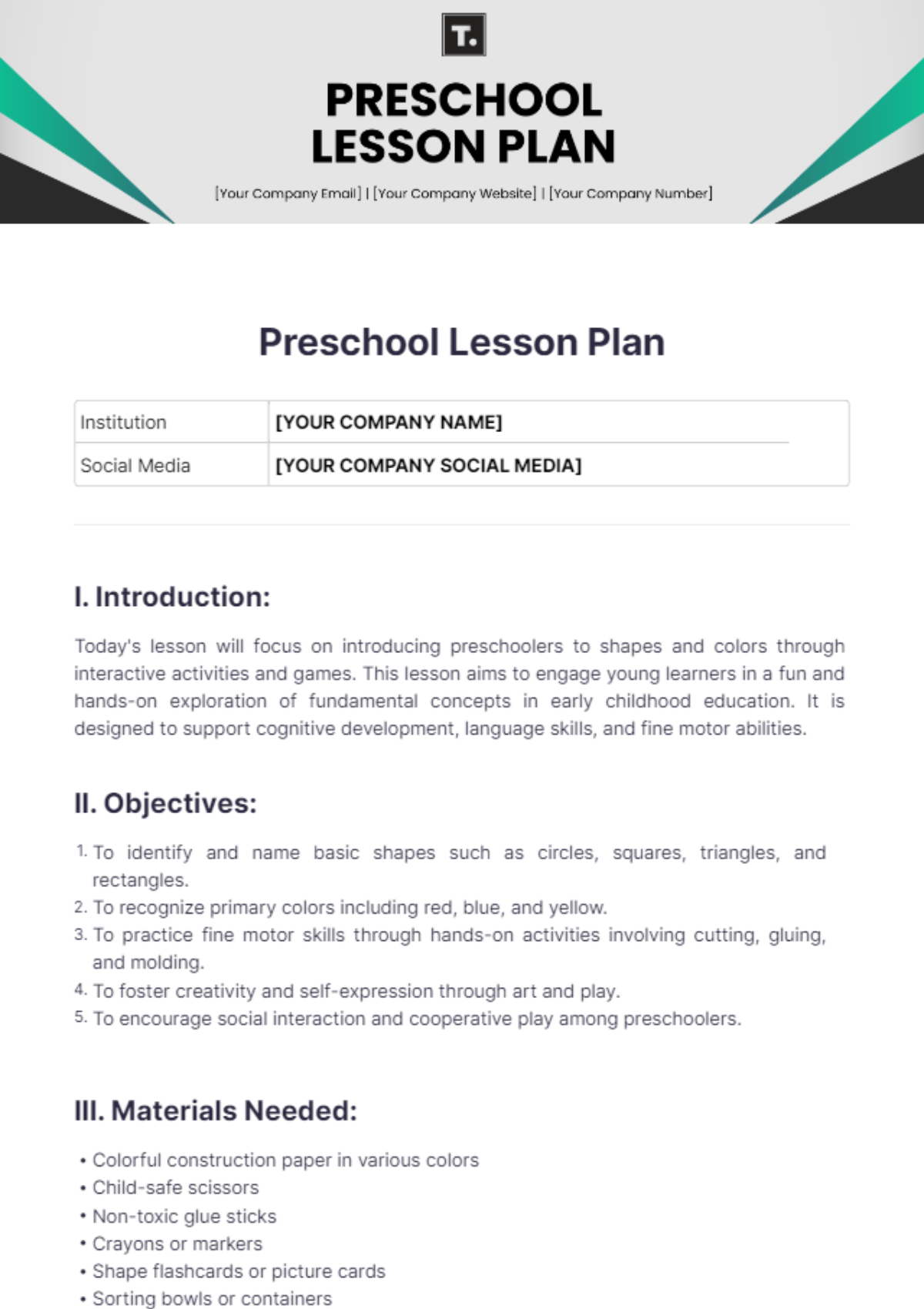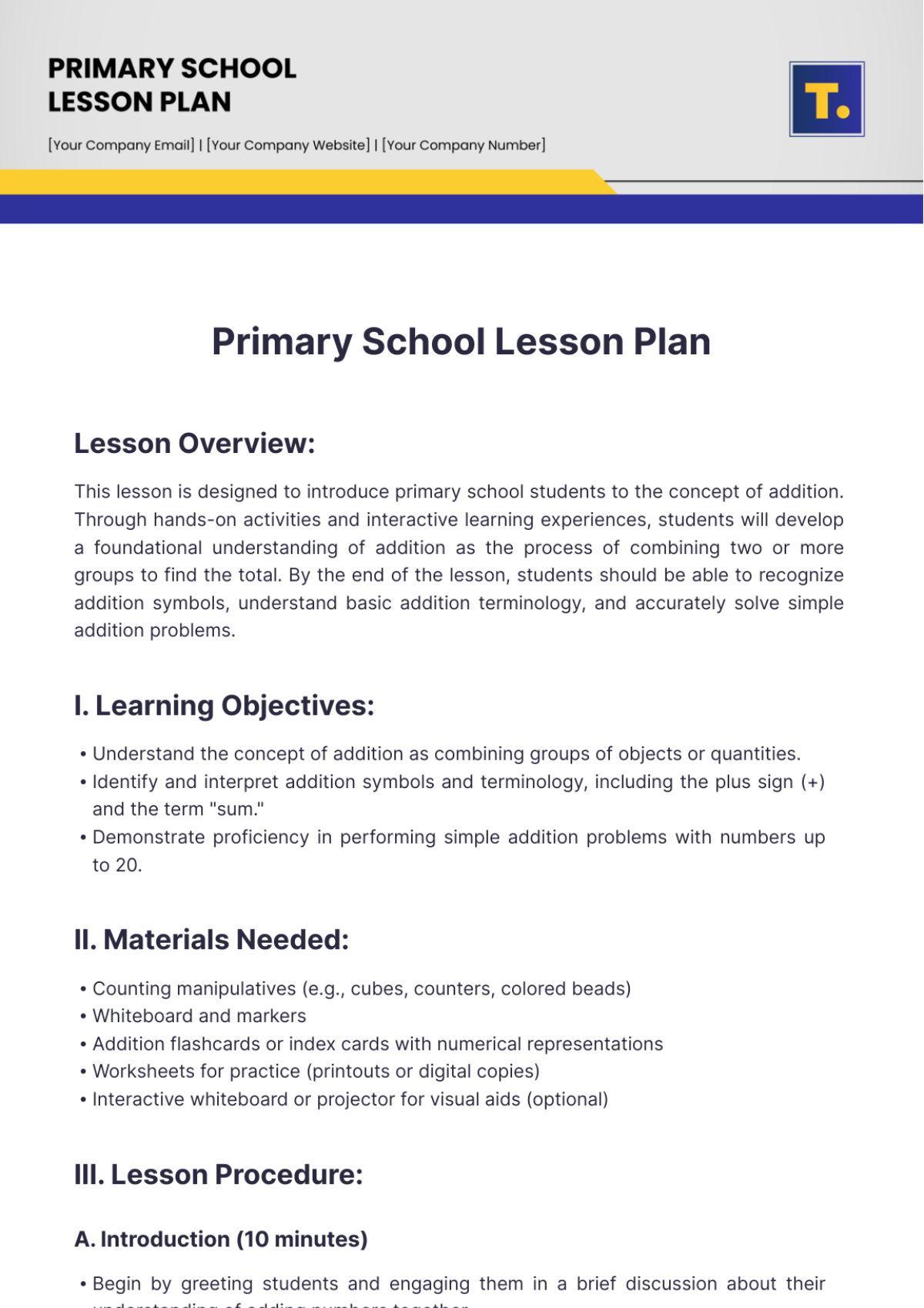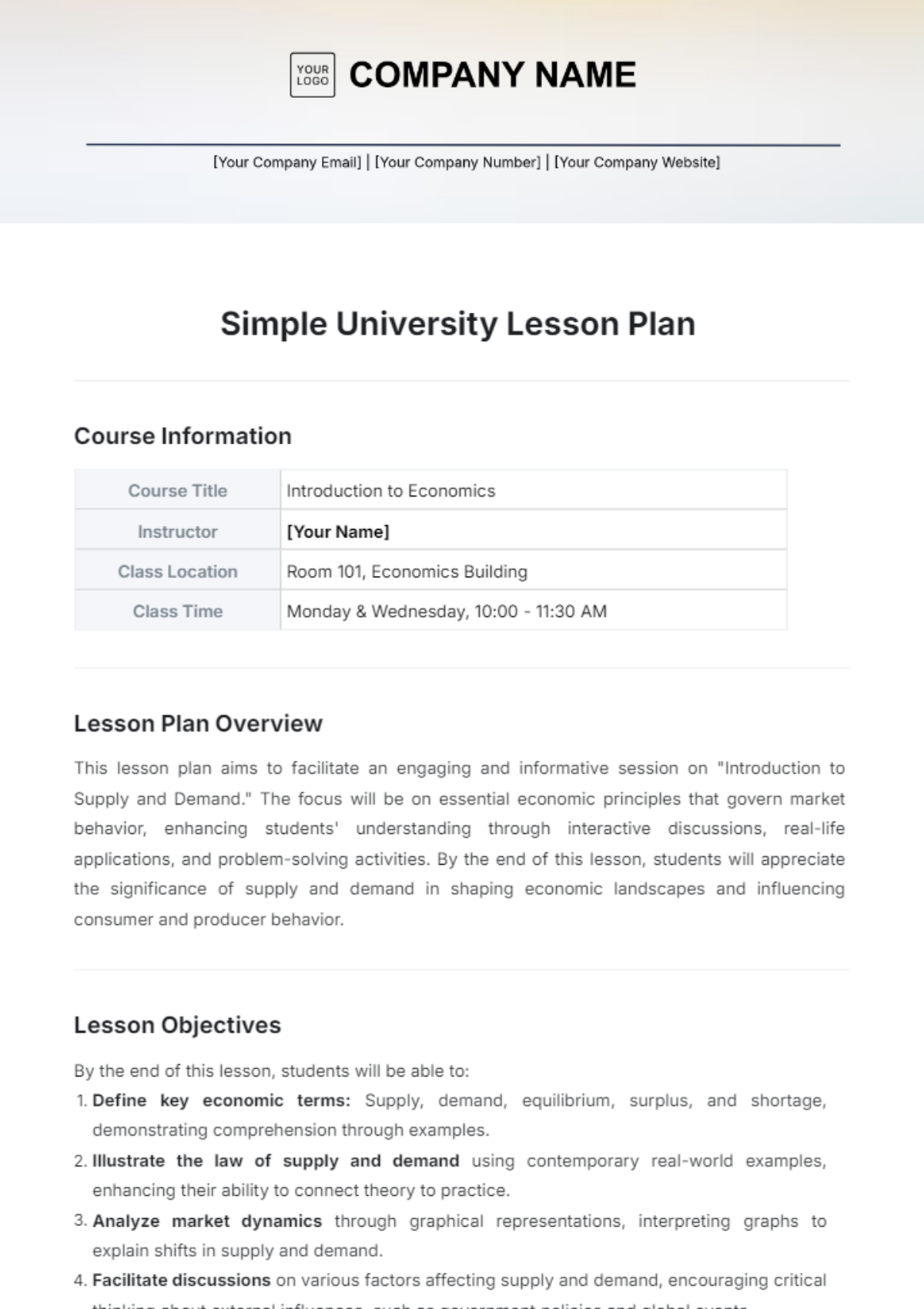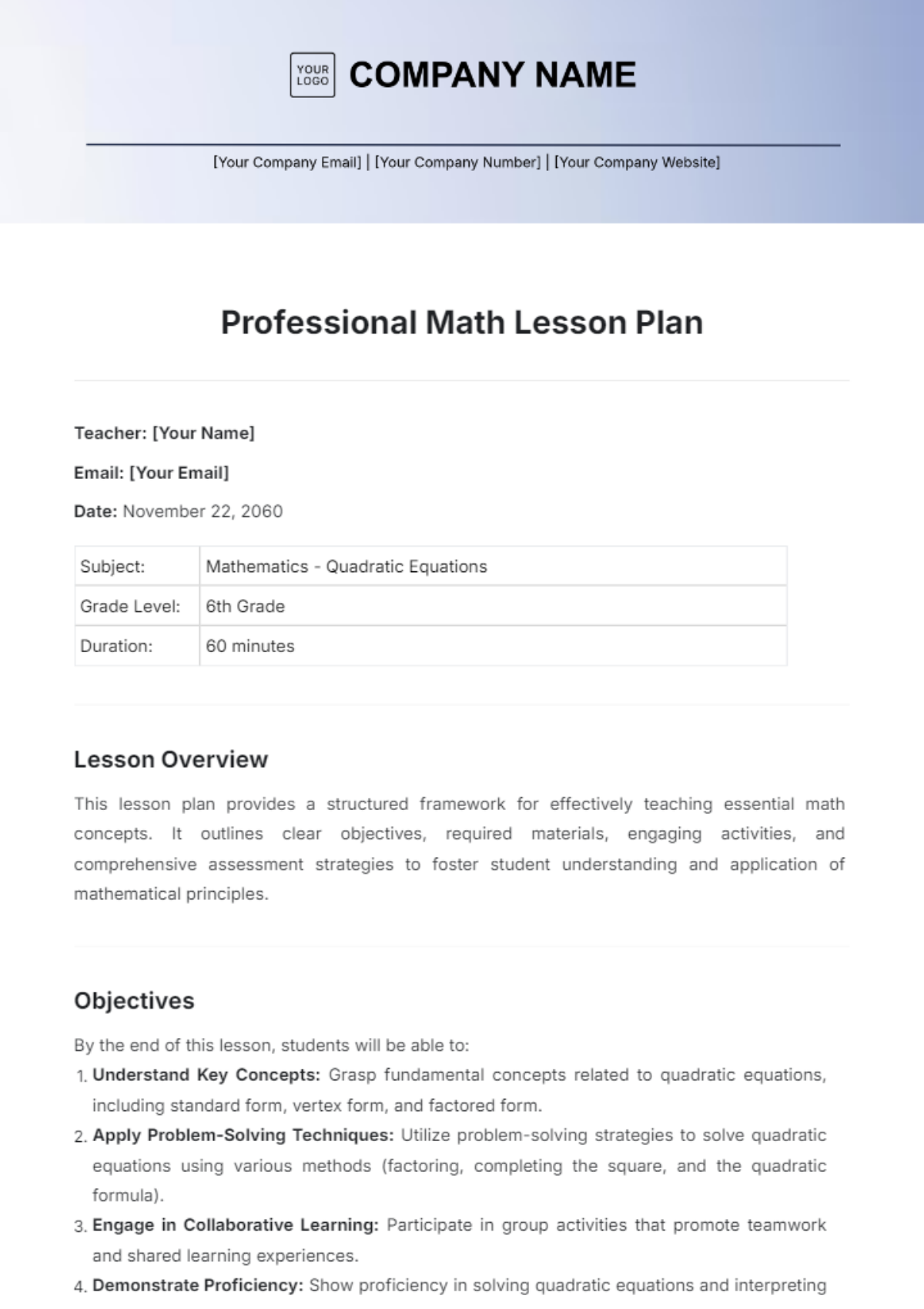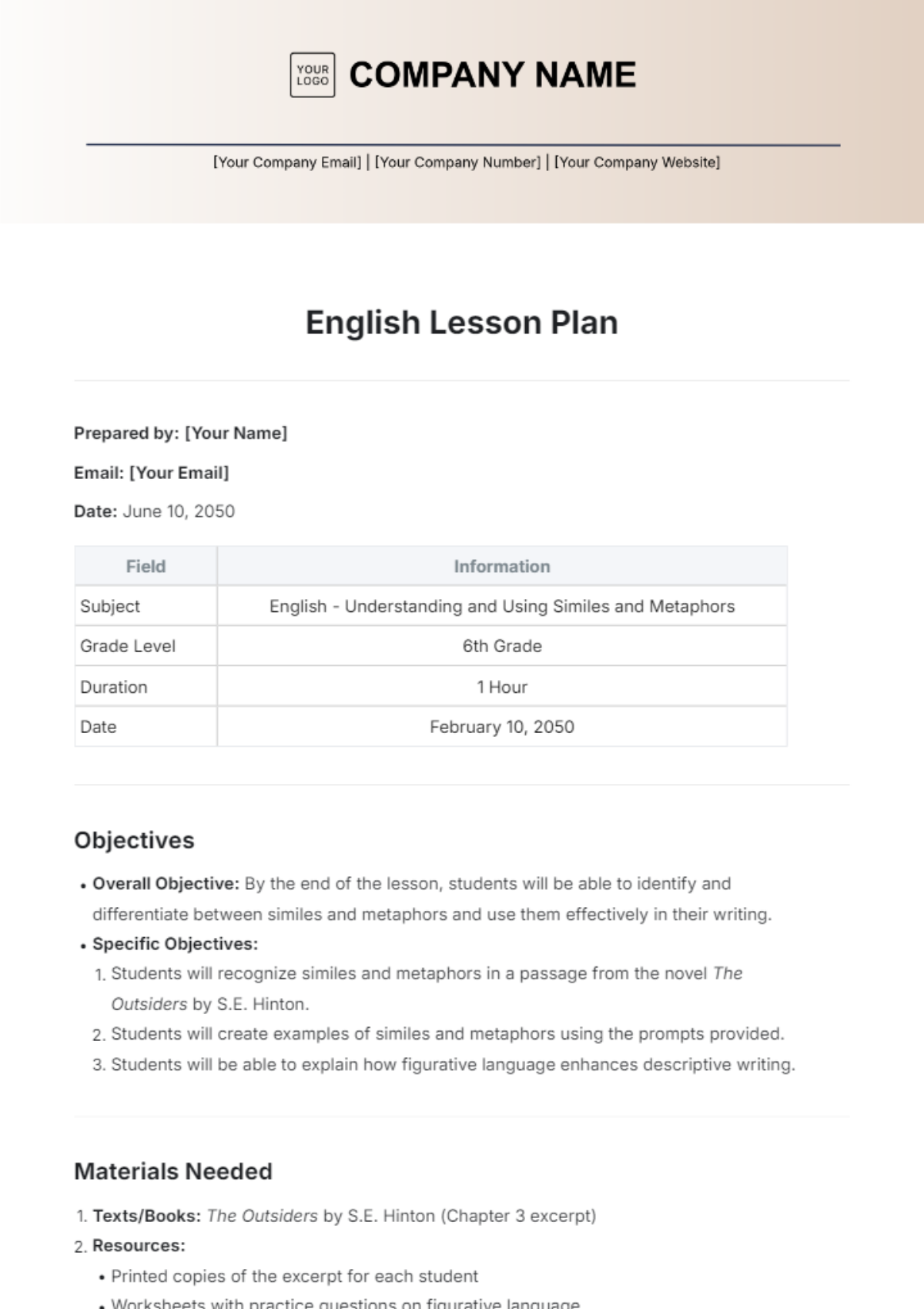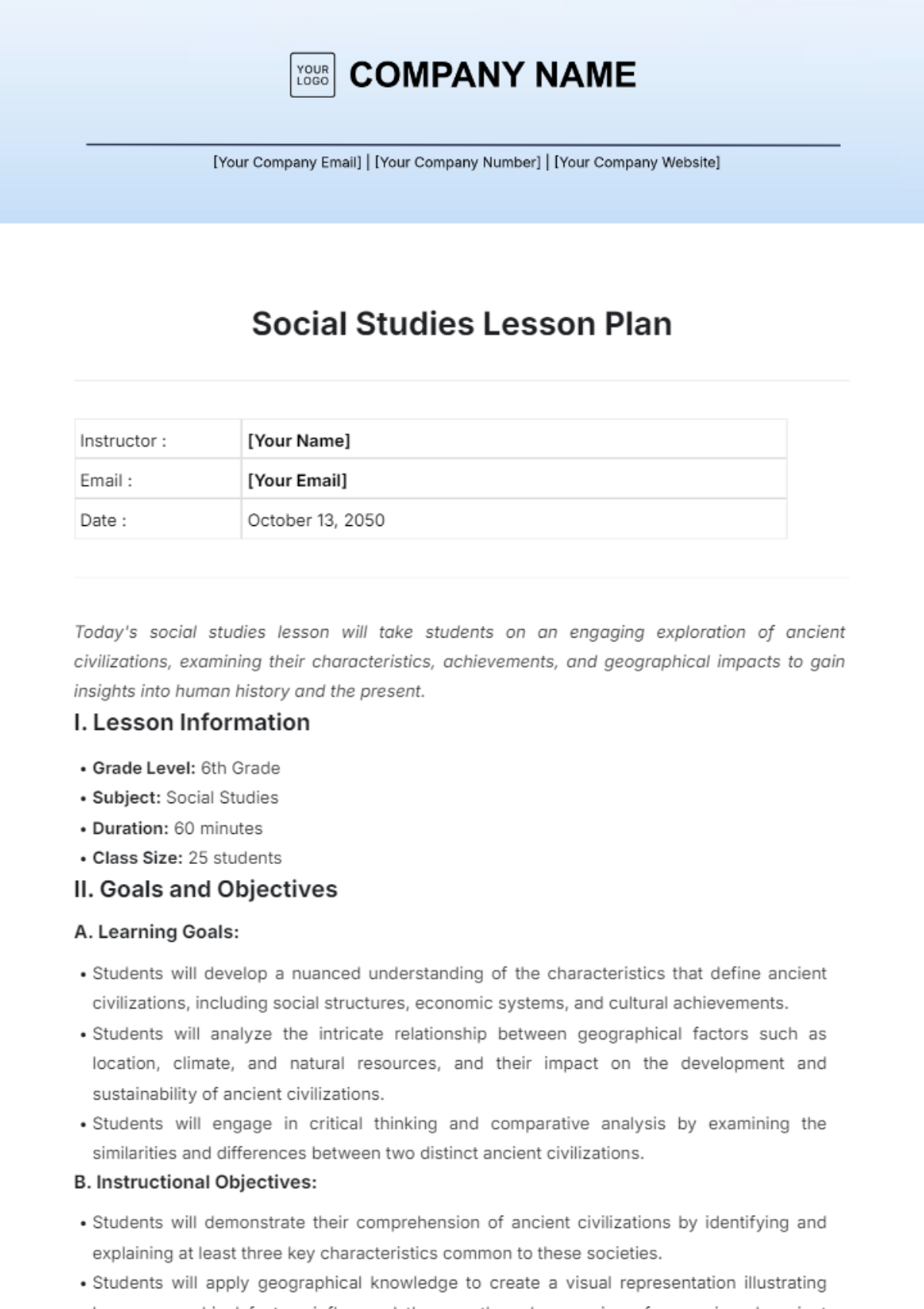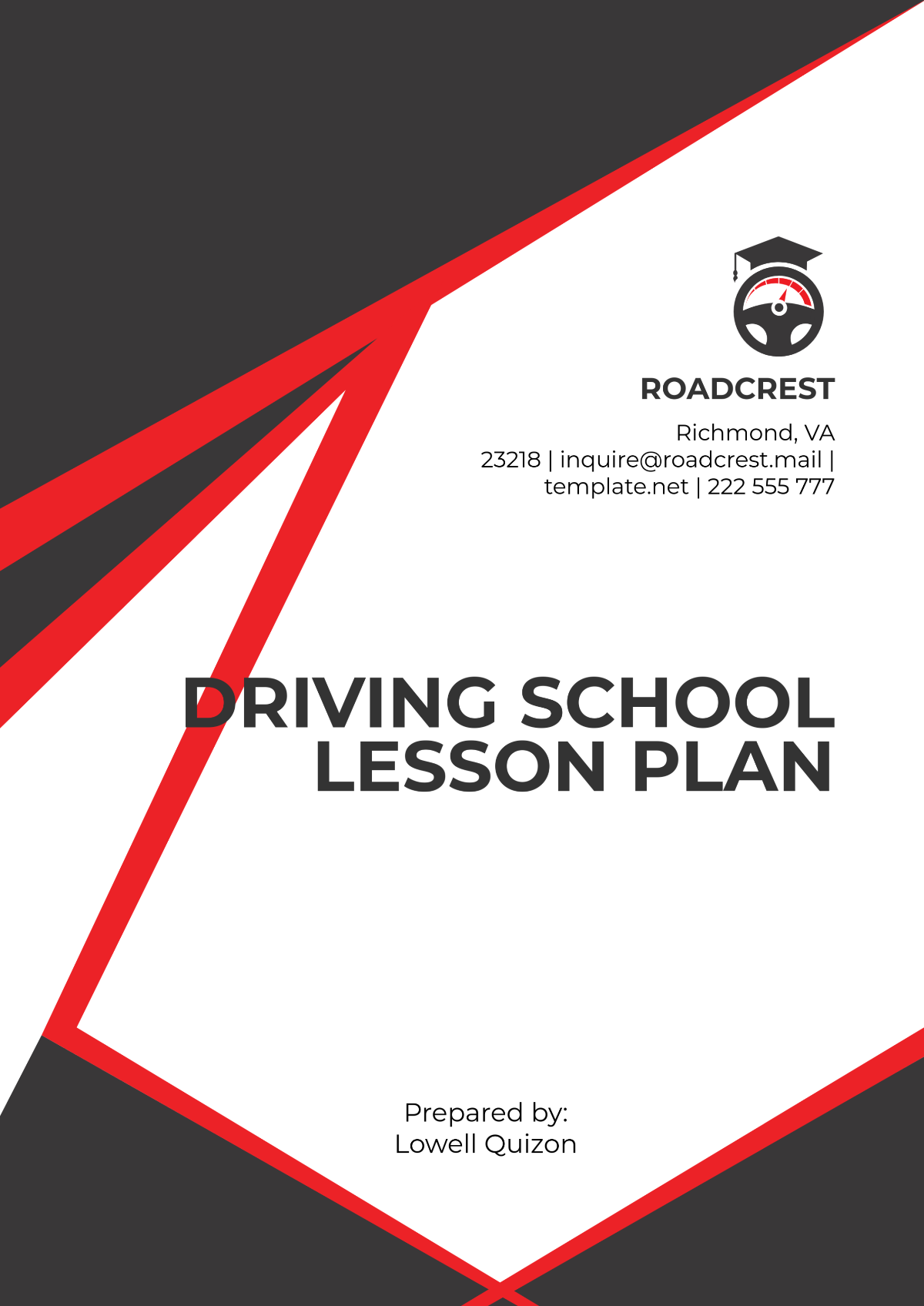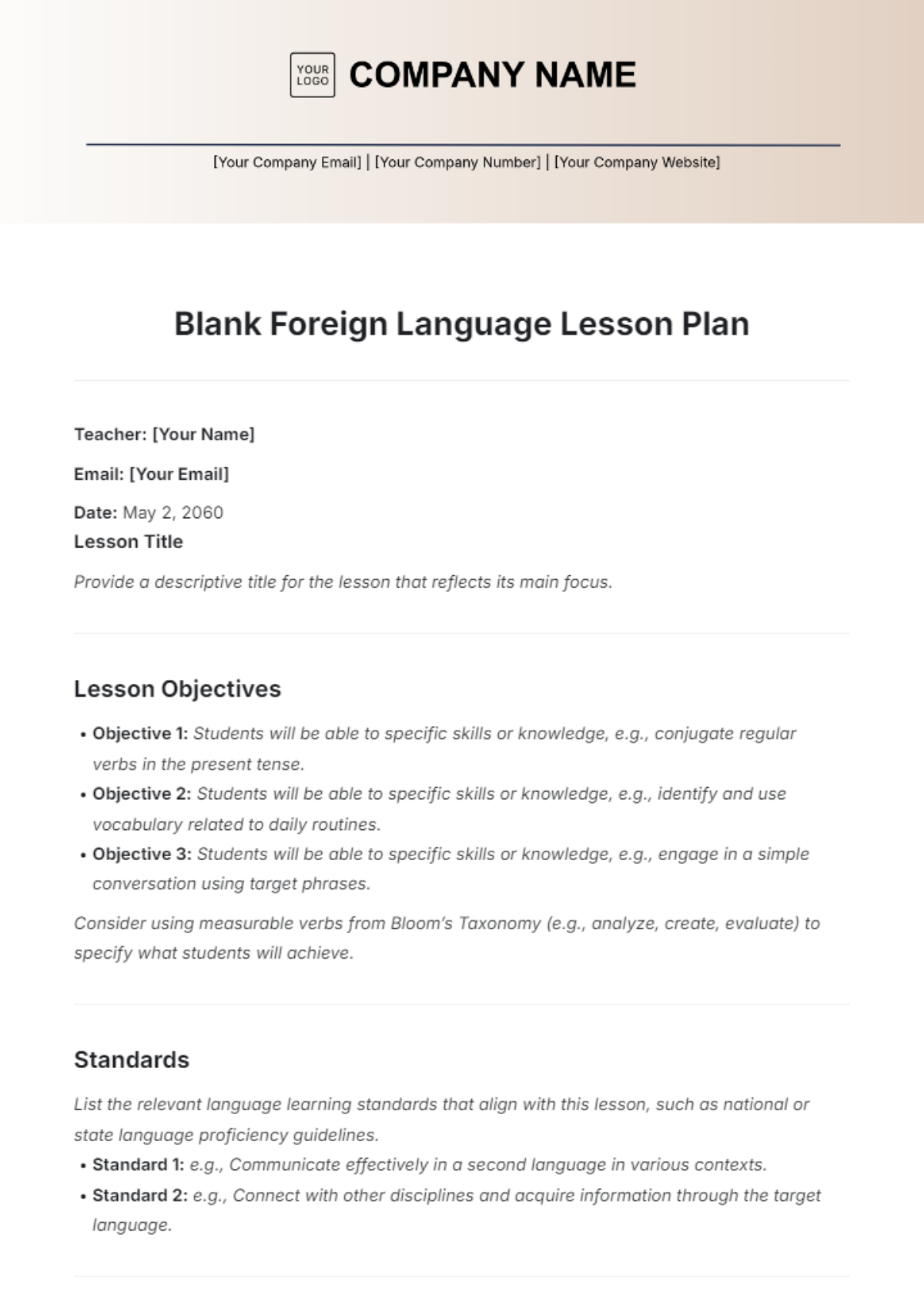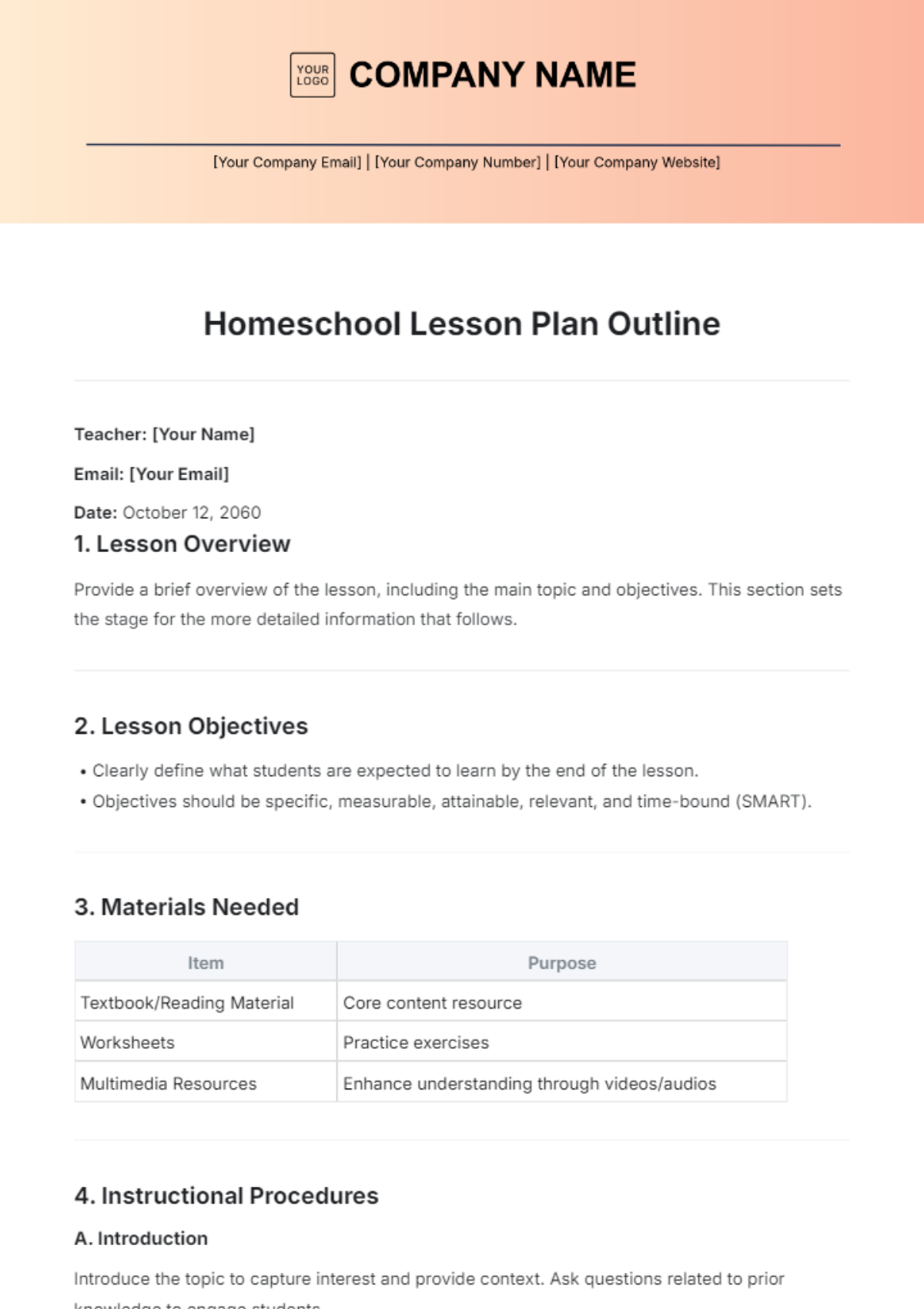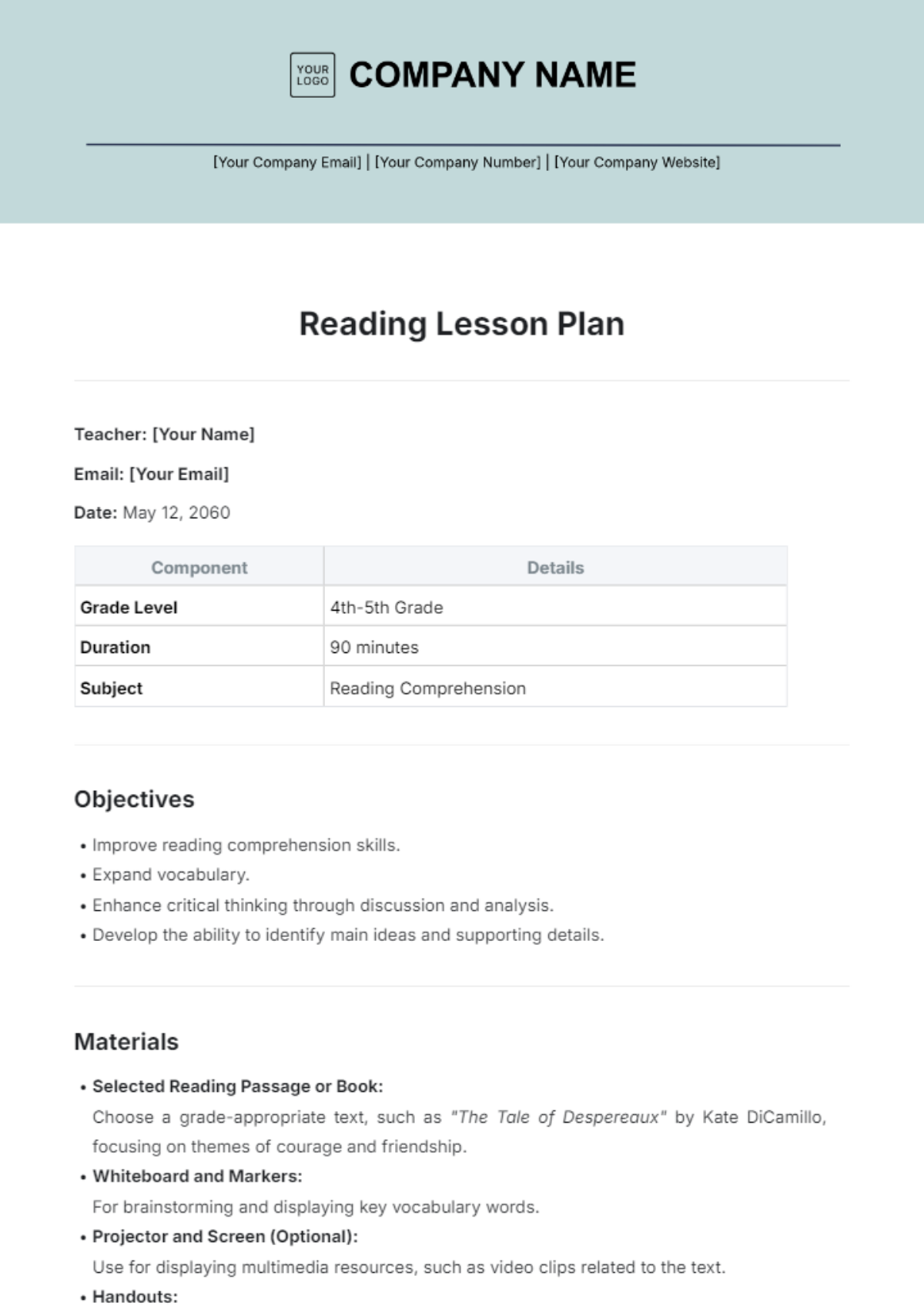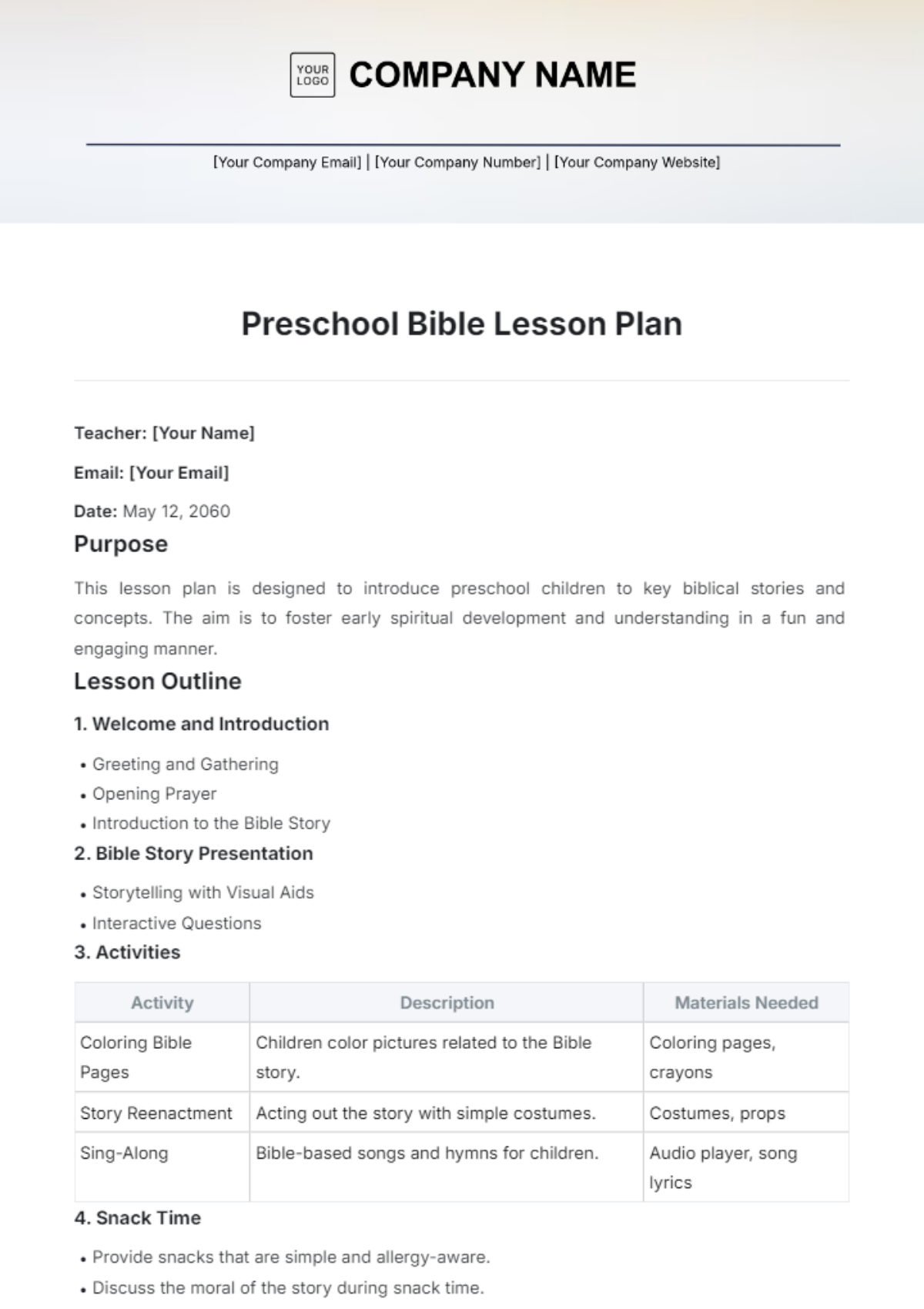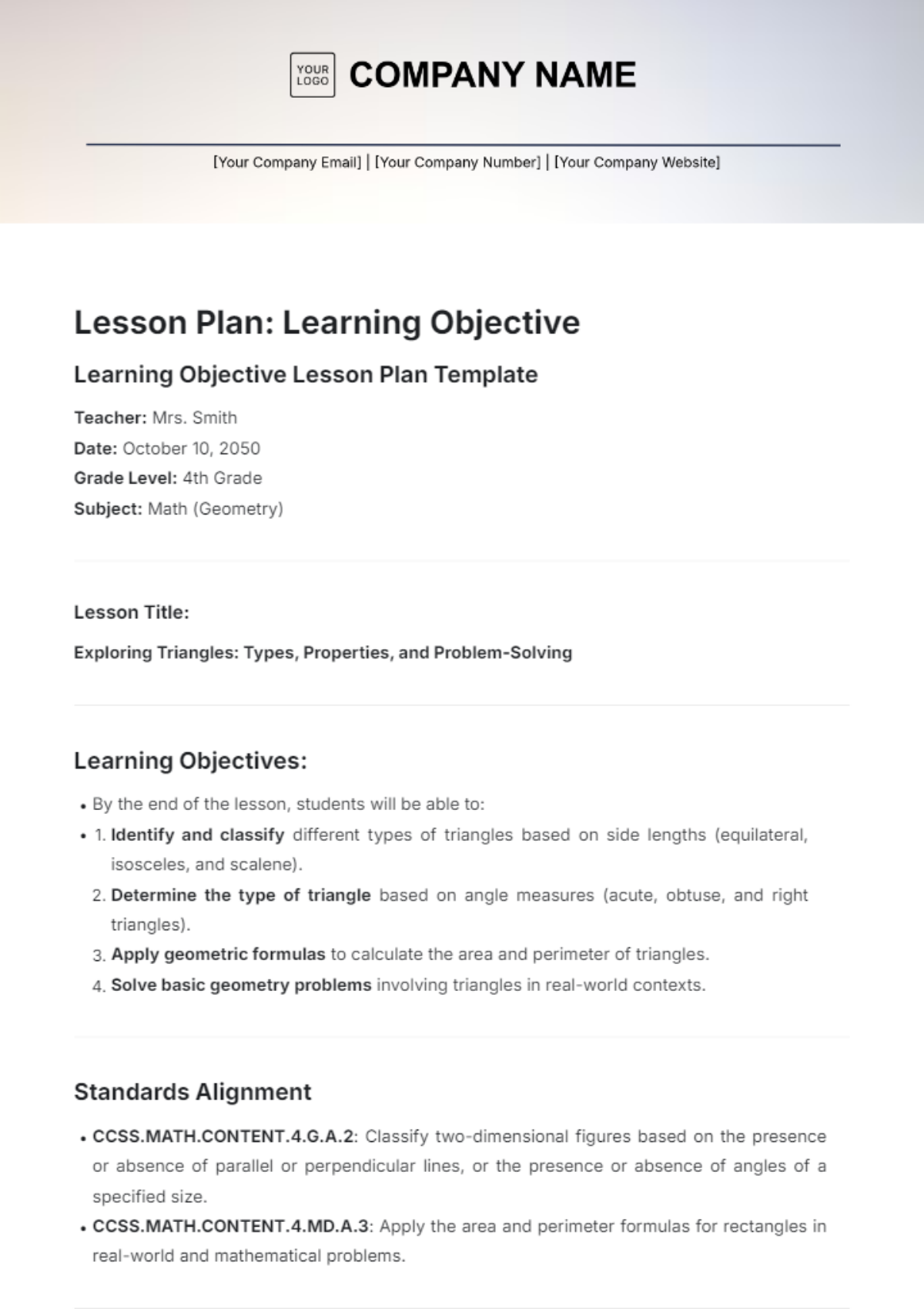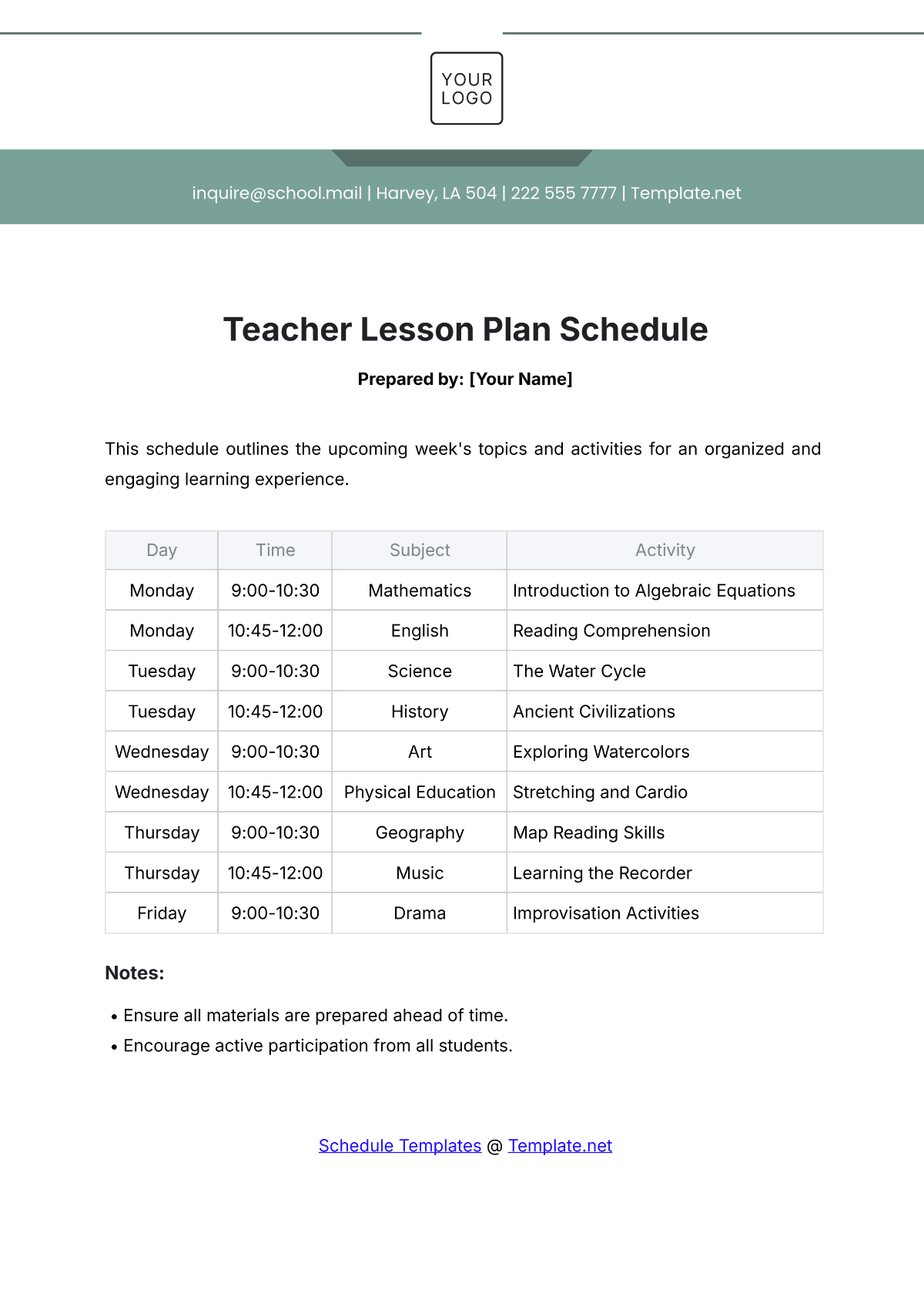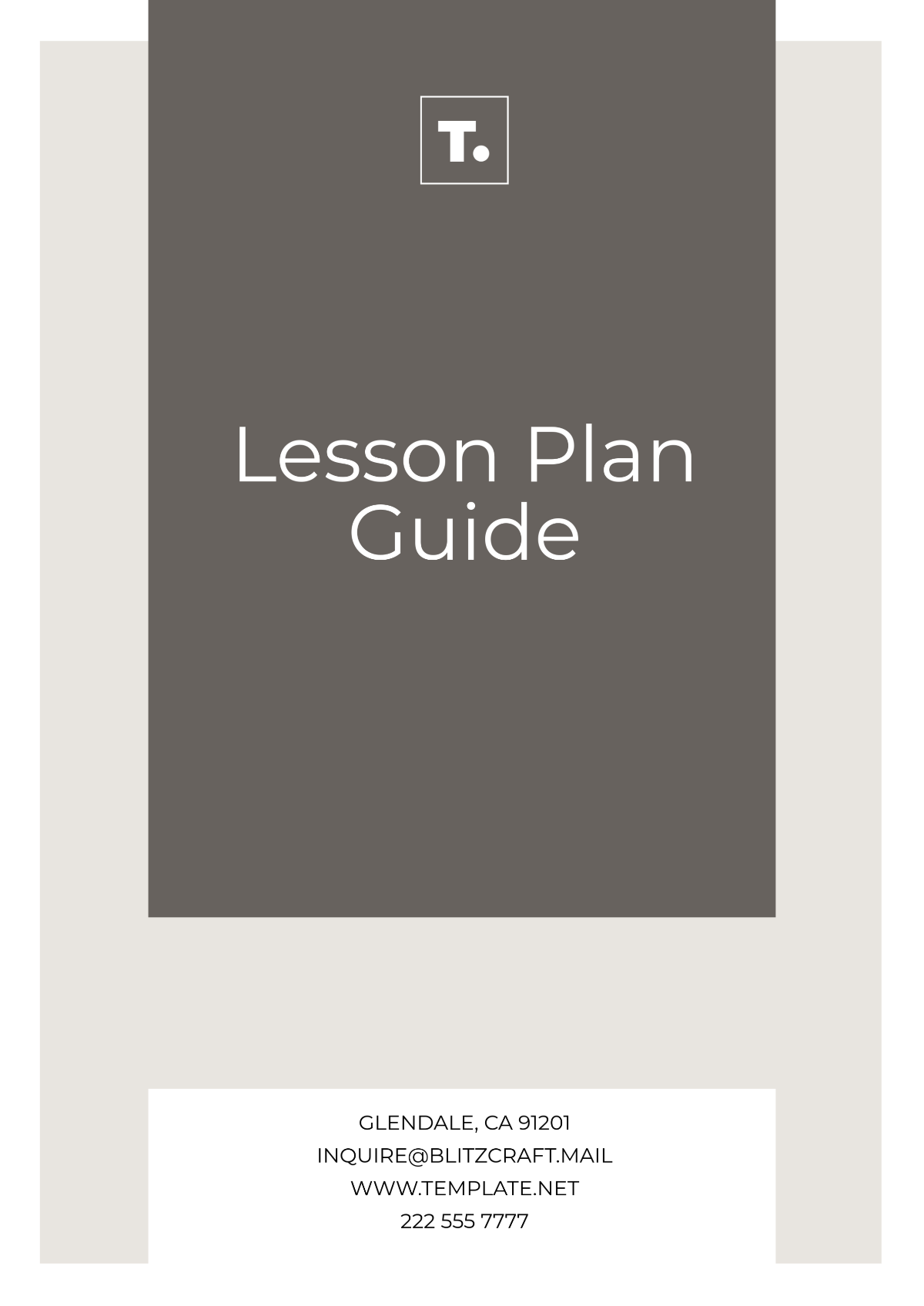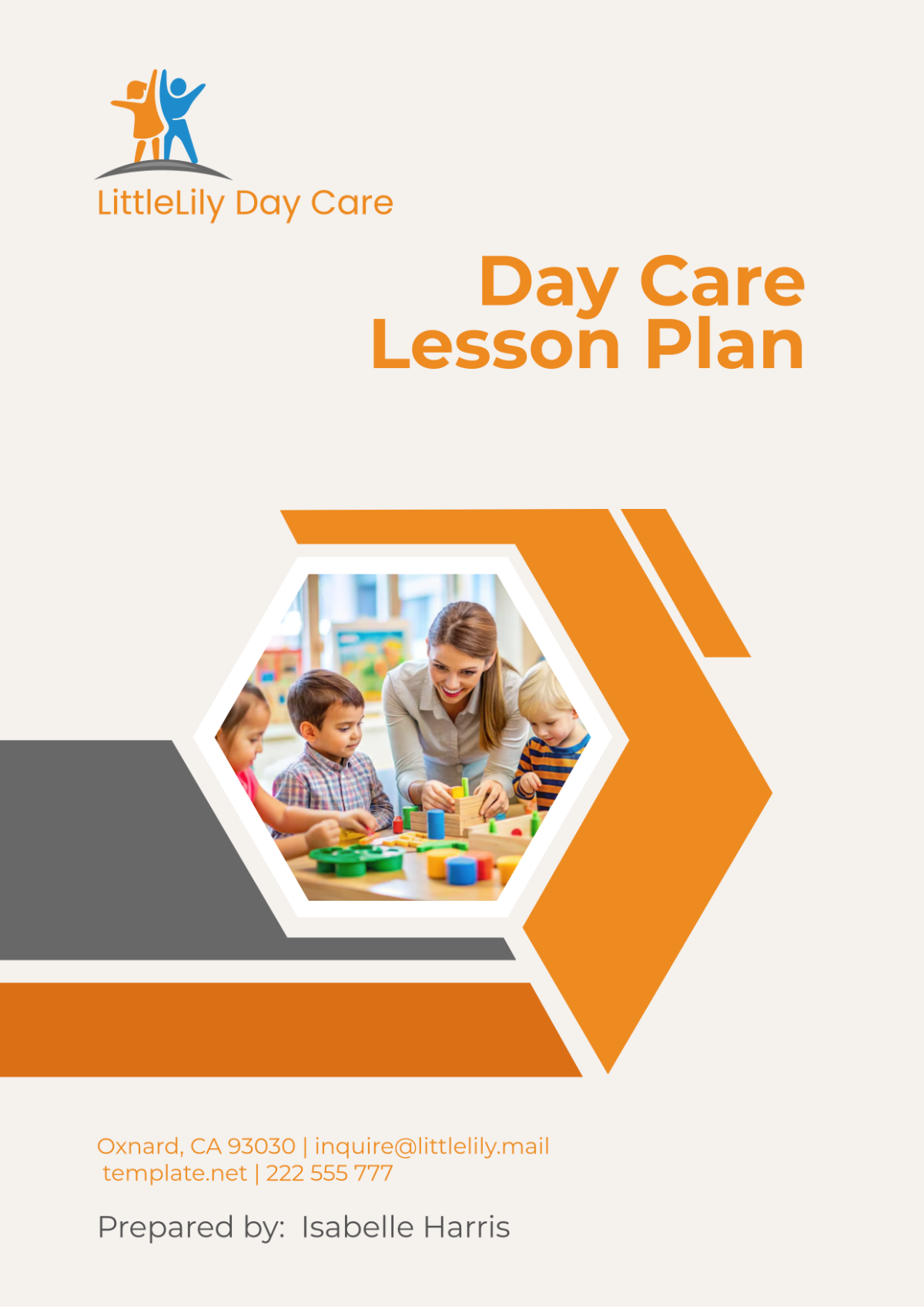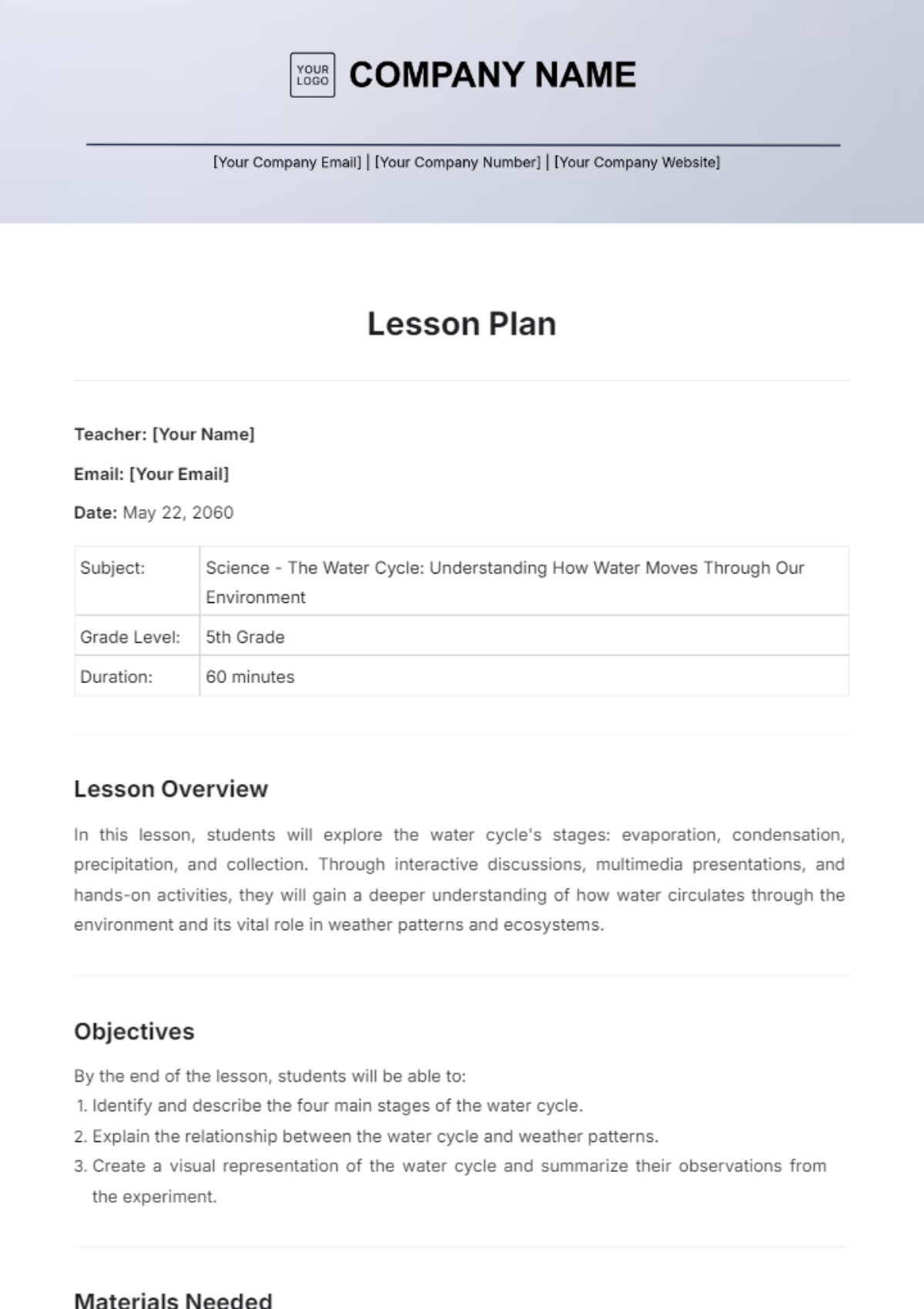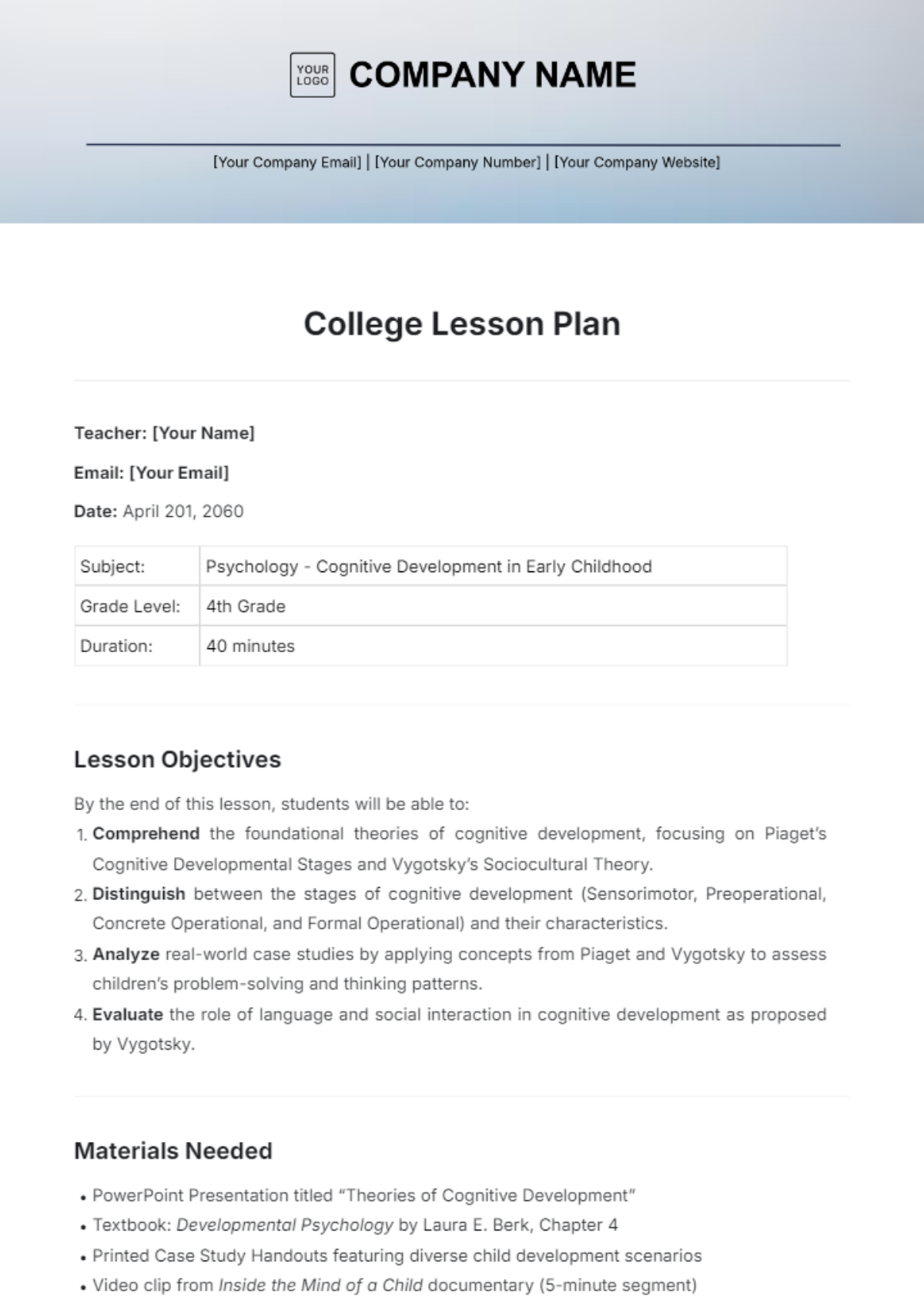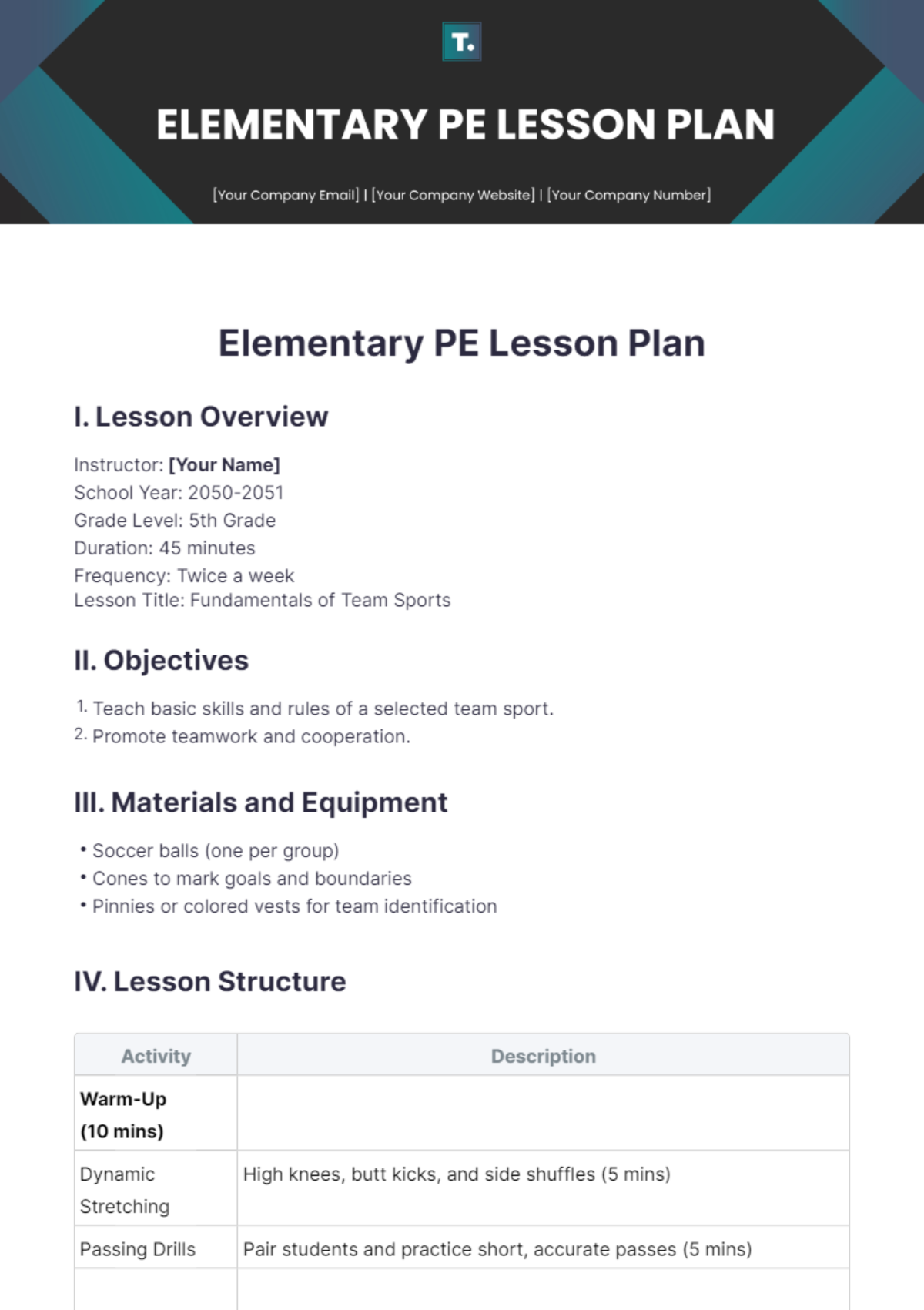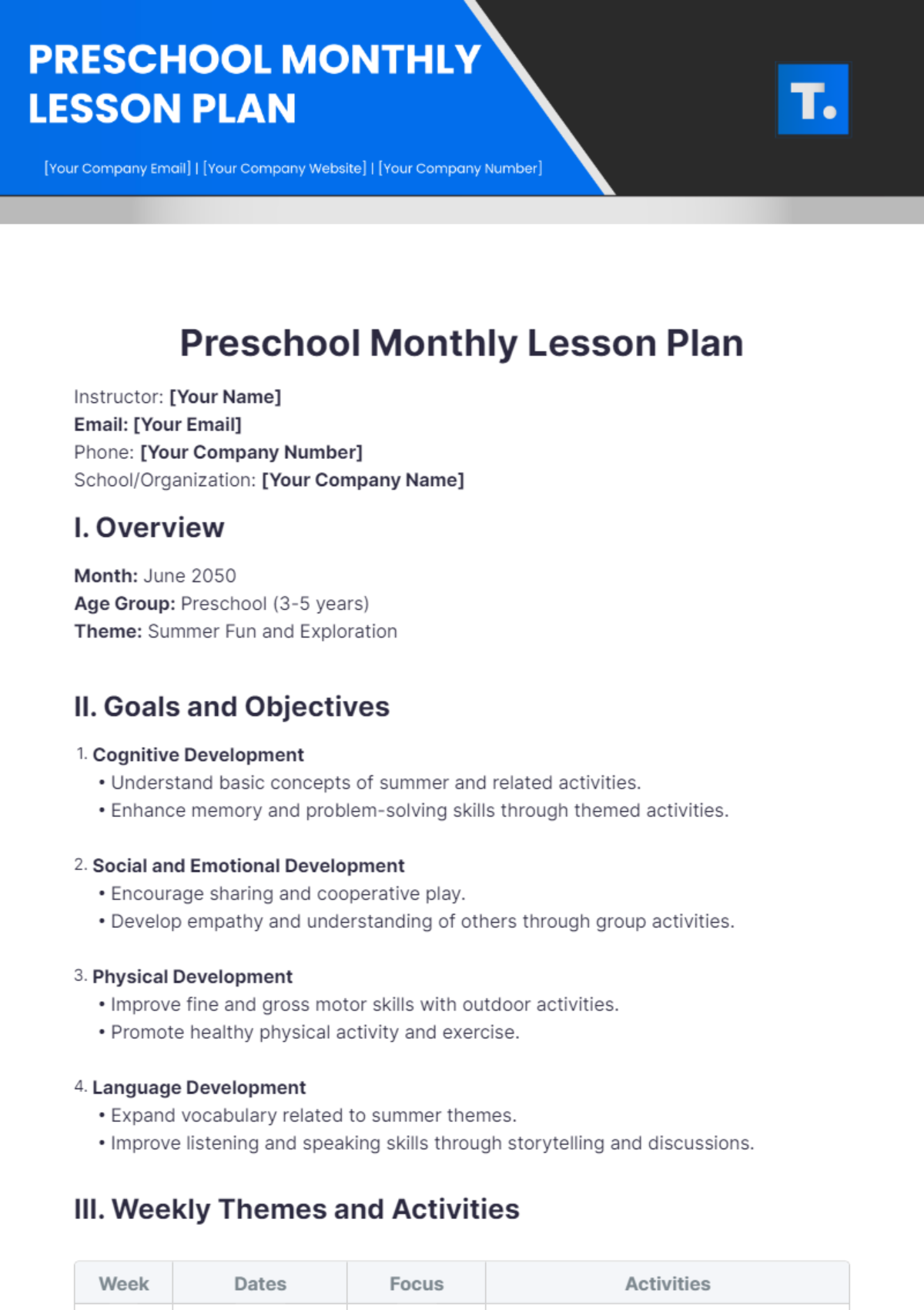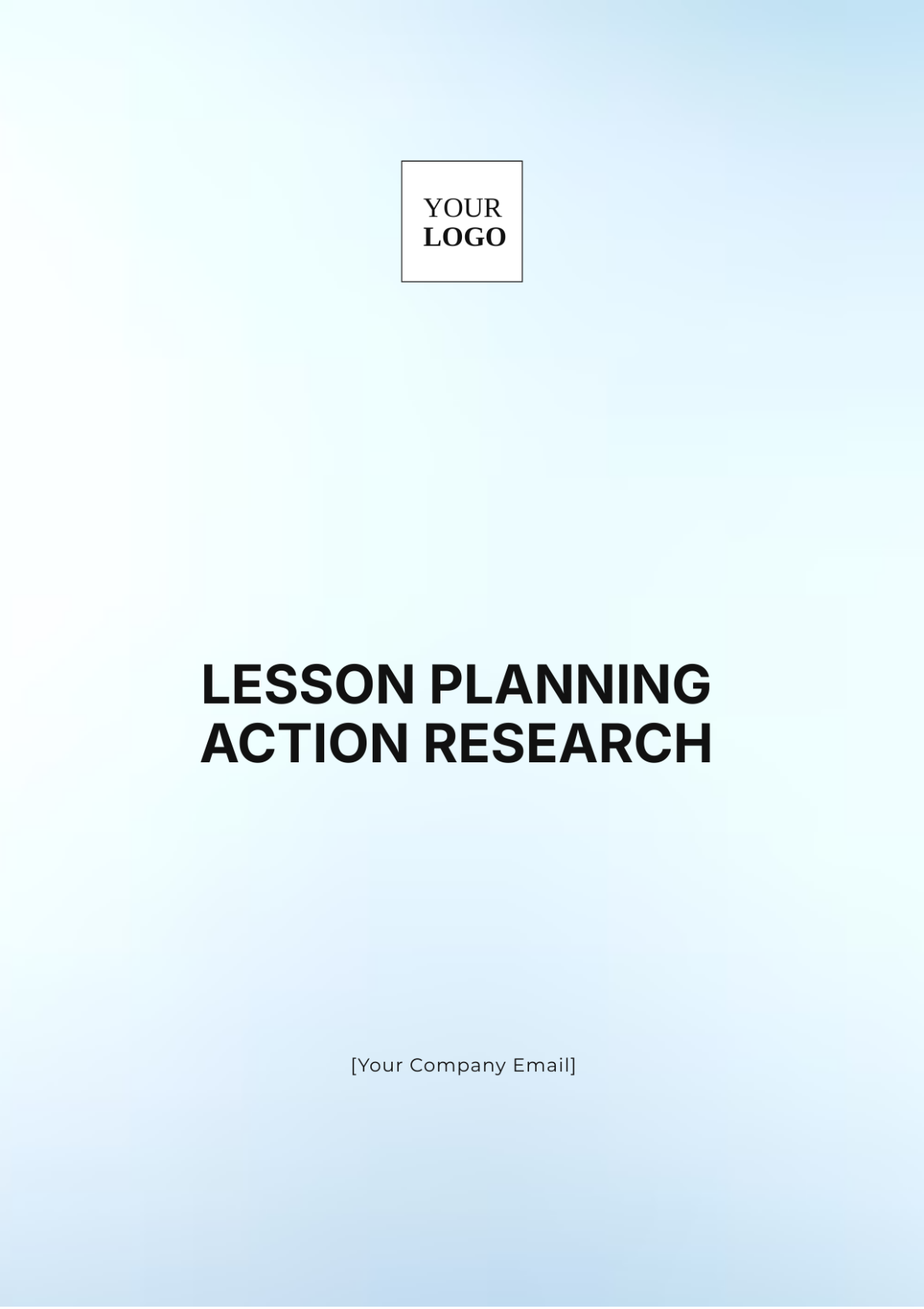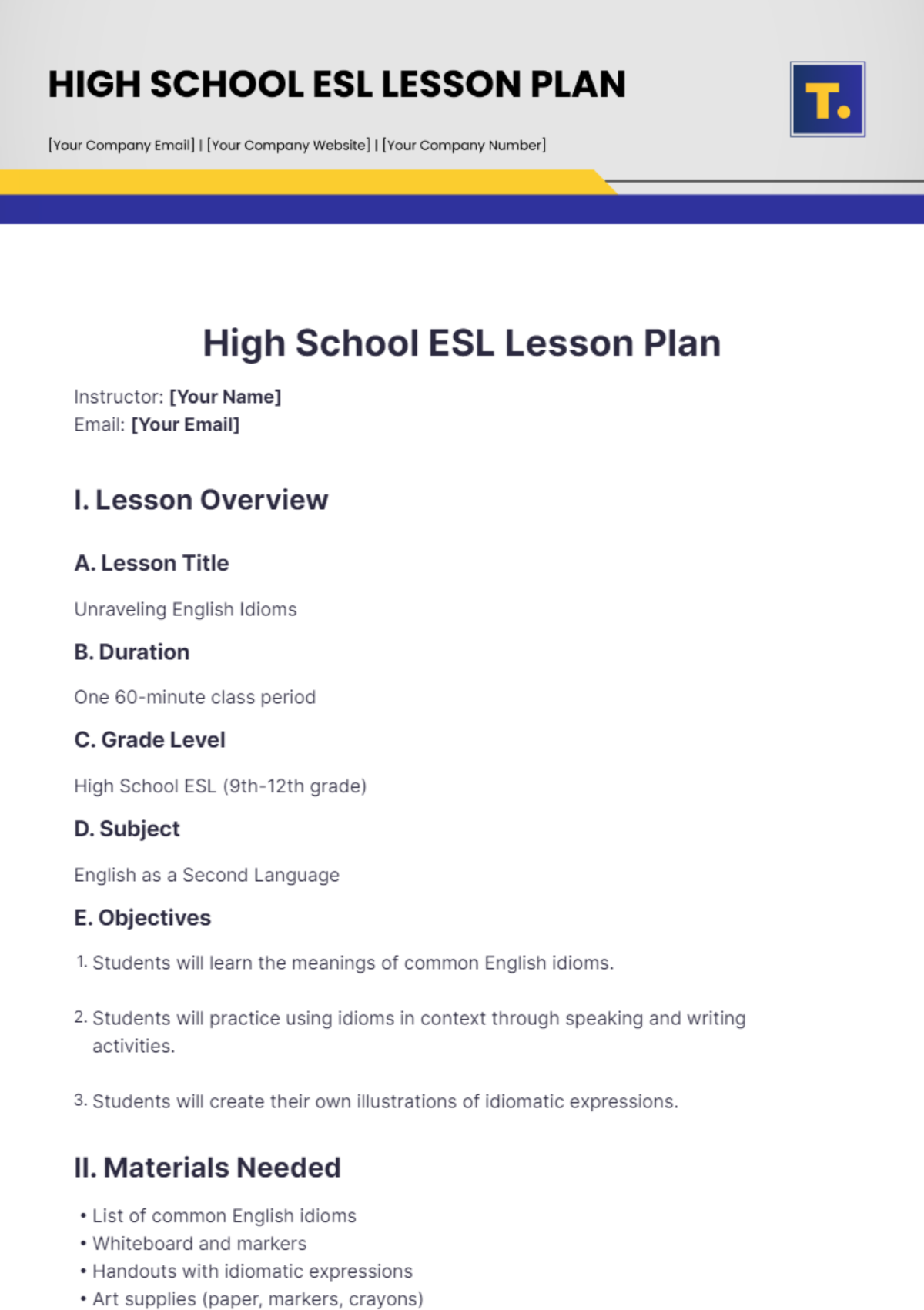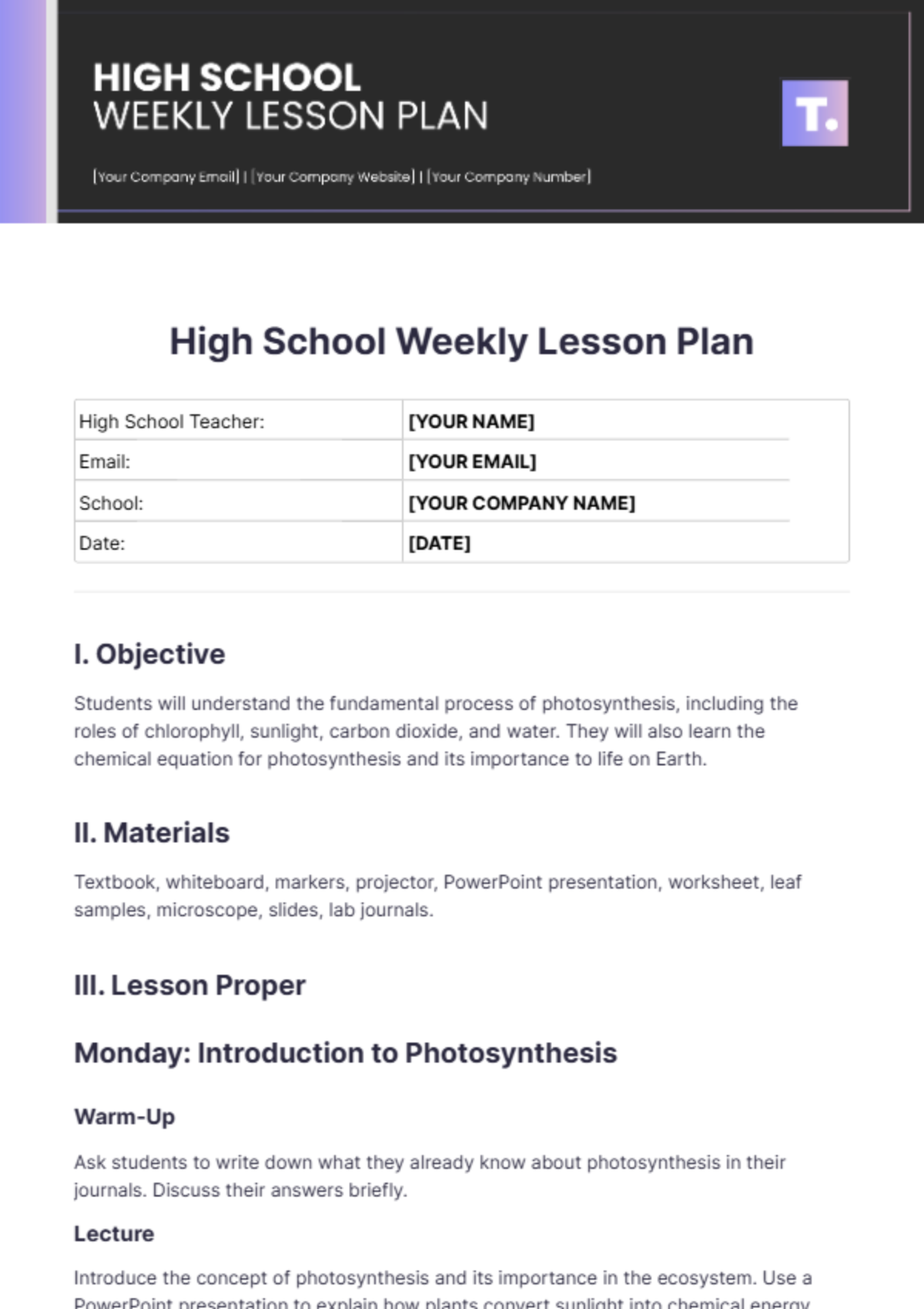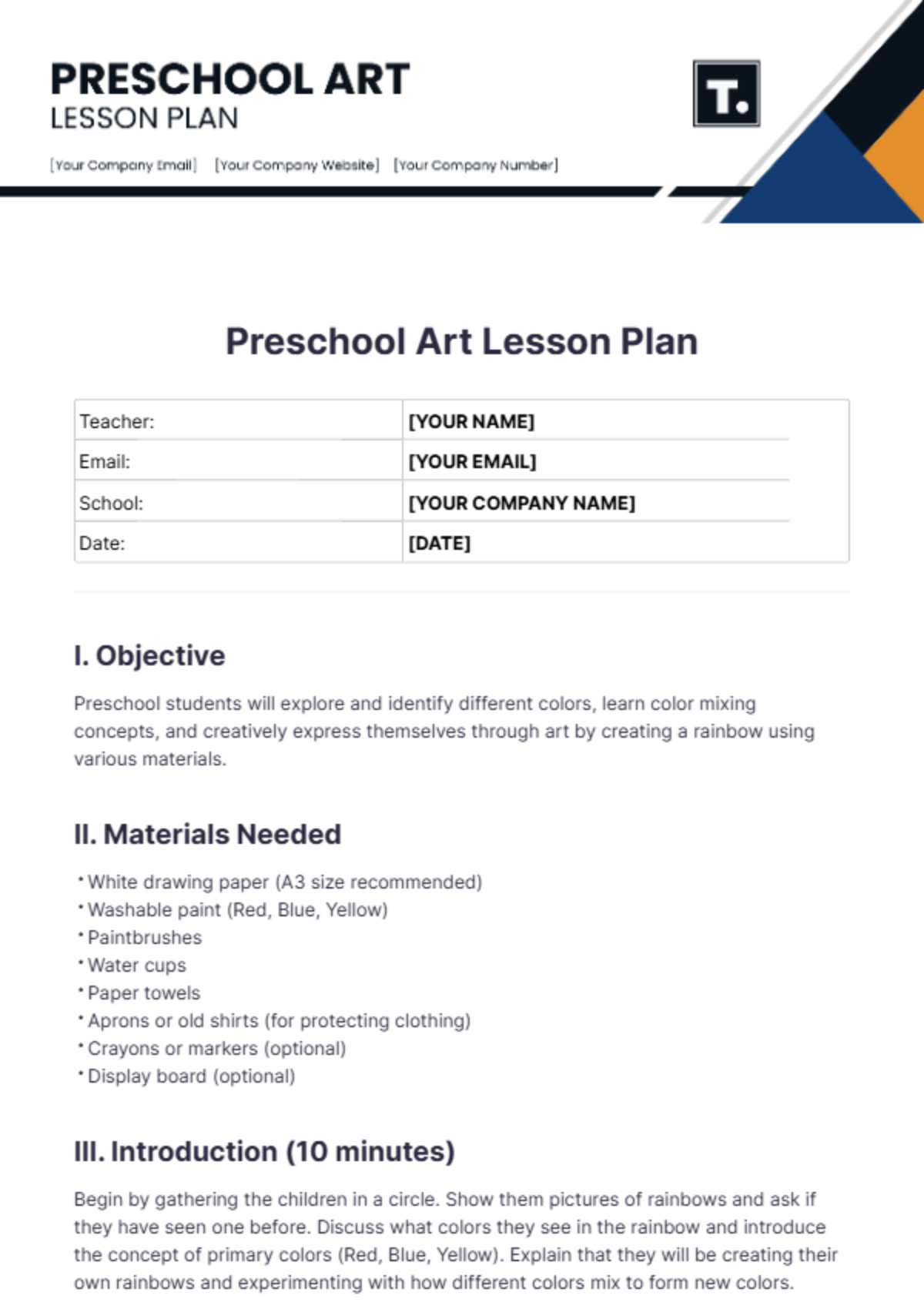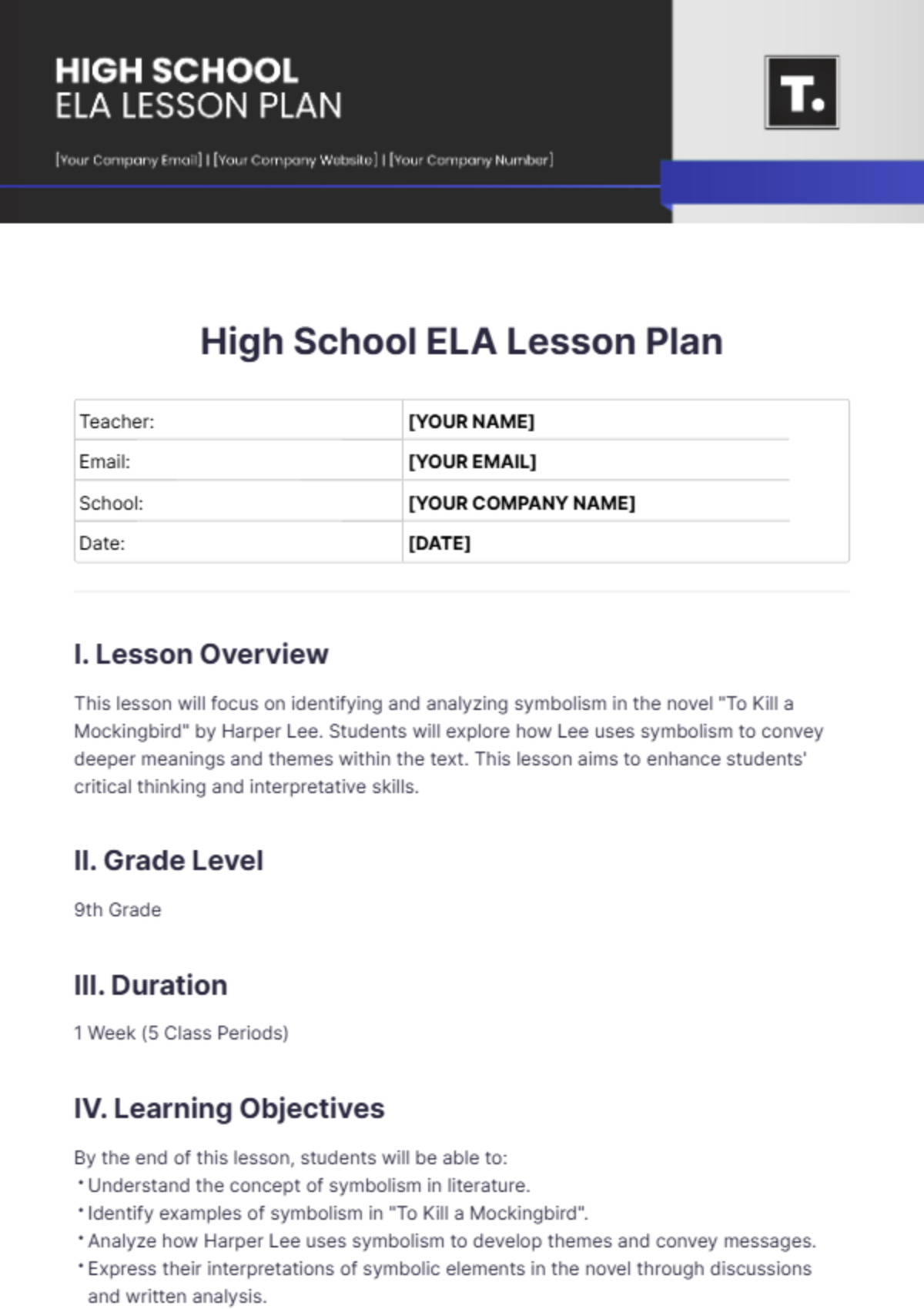Lesson Planning Action Research
Prepared By: [Your Name]
Date: [Date]
1. Introduction
Lesson Planning Action Research is an iterative process aimed at enhancing educational practices through systematic investigation and reflection. This document from [Your Company Name] provides a comprehensive outline of a research project focused on refining lesson plans to improve student engagement and learning outcomes. By implementing and evaluating new strategies, this research seeks to identify effective methods for lesson planning.
2. Research Objectives
Identify Issues: Determine specific challenges in current lesson plans that affect student engagement and understanding.
Implement Changes: Develop and apply new instructional strategies and resources to address identified issues.
Evaluate Effectiveness: Assess the impact of these changes on student performance and engagement.
Generate Recommendations: Offer actionable suggestions based on research findings to further enhance lesson planning and teaching practices.
3. Methodology
We aimed to enhance engagement and understanding in a 10th-grade history class by shifting from lecture-based lessons to interactive, participatory activities. Observations and student feedback indicated a need for more dynamic teaching methods.
New Approaches: We introduced group debates, role-playing, and multimedia presentations, and developed supportive materials like timelines and interactive maps. The goal was to increase student engagement by 40% and improve understanding by 30%.
Implementation: Over six weeks, we integrated these new strategies into lessons and closely monitored student reactions and participation.
Data Collection: We tracked changes through weekly observations, student surveys, and assessments before and after the new methods were applied.
4. Analysis
Engagement and Participation: Observations reveal a notable increase in student engagement, with active participation during group activities and enthusiastic responses to interactive elements. Participation levels rose by 45%.
Understanding and Performance: Assessment scores improved by an average of 35%, indicating a significant enhancement in students' comprehension of historical events.
Feedback Analysis: Student feedback highlighted a strong preference for the interactive and multimedia components, with 85% of students reporting increased interest and understanding of the subject matter.
5. Findings
Effectiveness of New Strategies: The introduction of interactive and multimedia elements significantly improved student engagement and understanding. The revised lesson plans effectively addressed the initial problem of low engagement.
Challenges and Limitations: Some students faced technical issues with multimedia resources, which temporarily affected their learning experience. Additionally, managing group dynamics in role-playing activities required extra effort.
Unexpected Outcomes: Increased student collaboration and enthusiasm for history were observed as a positive side effect of the new interactive strategies.
6. Recommendations
Best Practices: Continue integrating interactive activities and multimedia resources into lesson plans to maintain high levels of engagement and understanding. Use student feedback to further tailor lesson plans to their preferences.
Areas for Improvement: Address technical issues with multimedia resources by ensuring reliable equipment and support. Consider implementing additional strategies for managing group dynamics during role-playing activities.
Further Research: Explore the impact of incorporating technology-based simulations and virtual field trips to further enhance student learning and engagement.
7. Reflection
Insights Gained: The research underscored the effectiveness of interactive and multimedia strategies in increasing student engagement and understanding. The positive feedback from students emphasizes the importance of diverse instructional methods.
Impact on Teaching Practices: The revised lesson plans have led to a notable improvement in teaching effectiveness and student outcomes, demonstrating the value of ongoing experimentation and reflection in lesson planning.
Professional Development: Engaging in this action research has enhanced personal teaching skills, provided valuable insights into effective lesson planning, and contributed to professional growth.
8. Conclusion
This Lesson Planning Action Research has demonstrated that incorporating interactive and multimedia elements into lesson plans can significantly improve student engagement and understanding. The findings highlight the importance of adapting teaching methods to meet student's needs and the value of ongoing research and reflection in refining educational practices.
